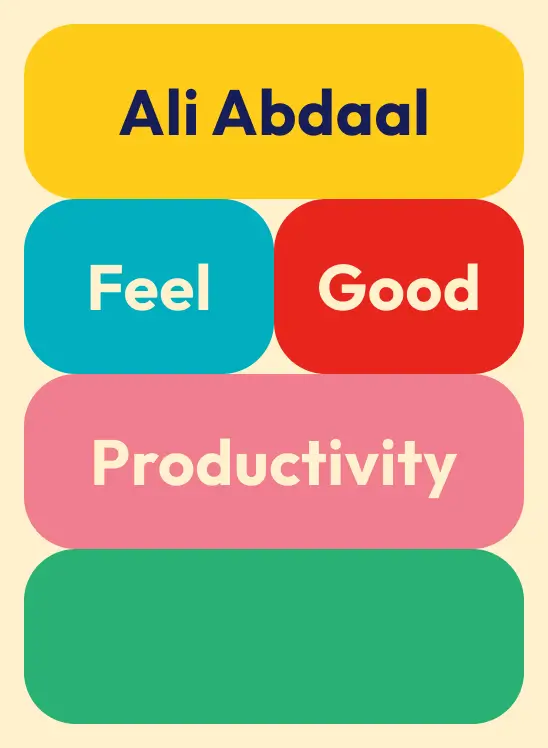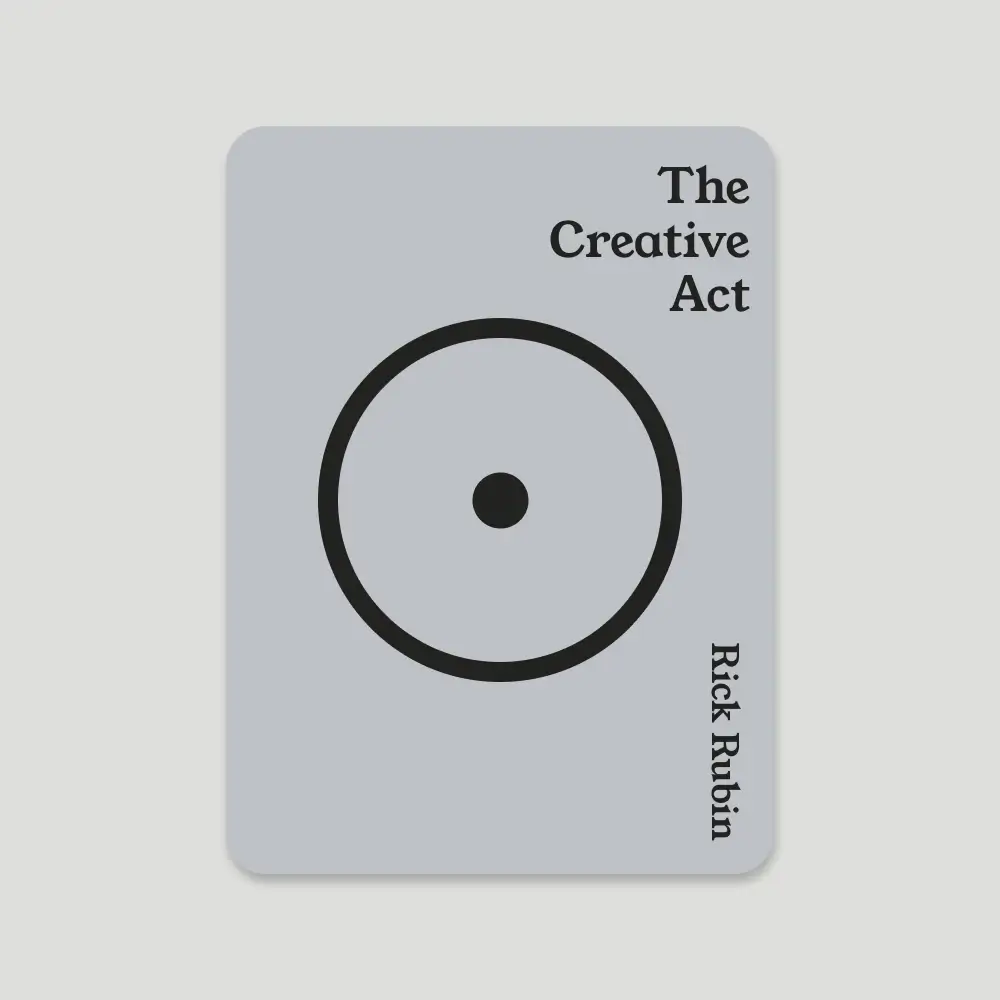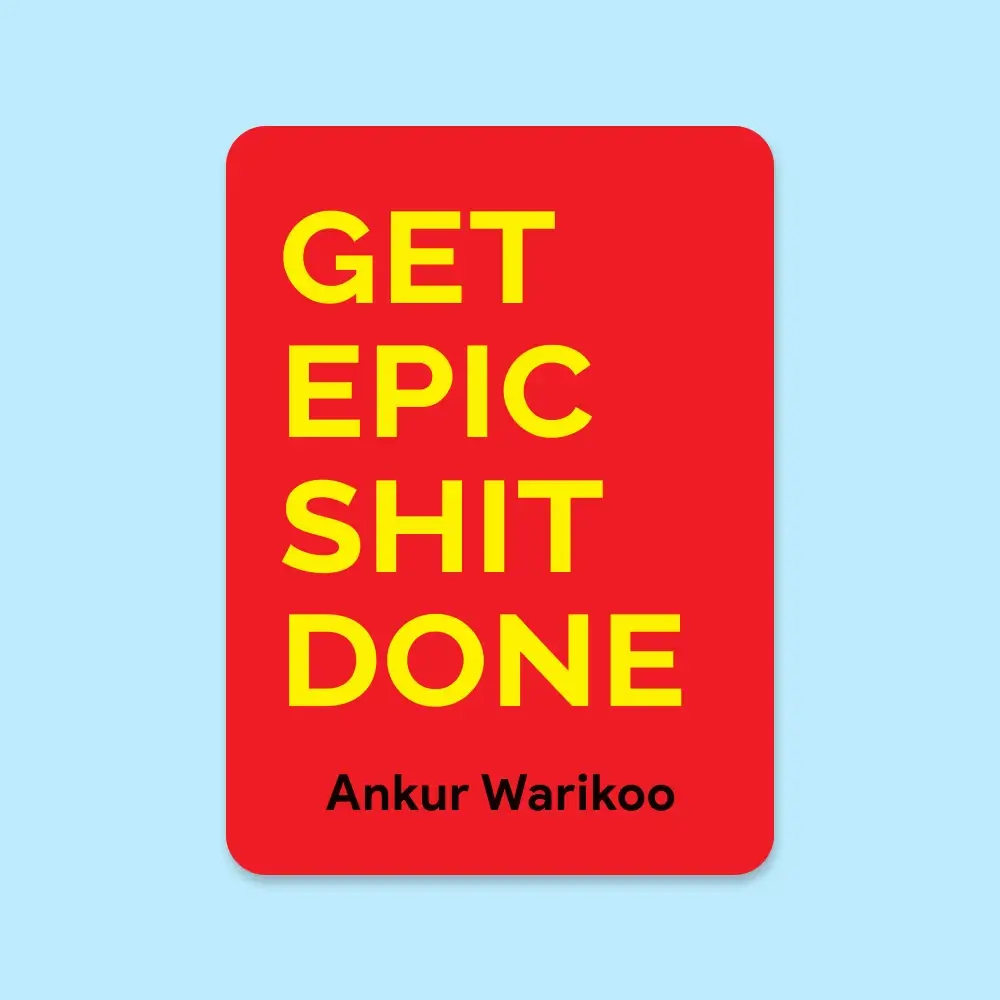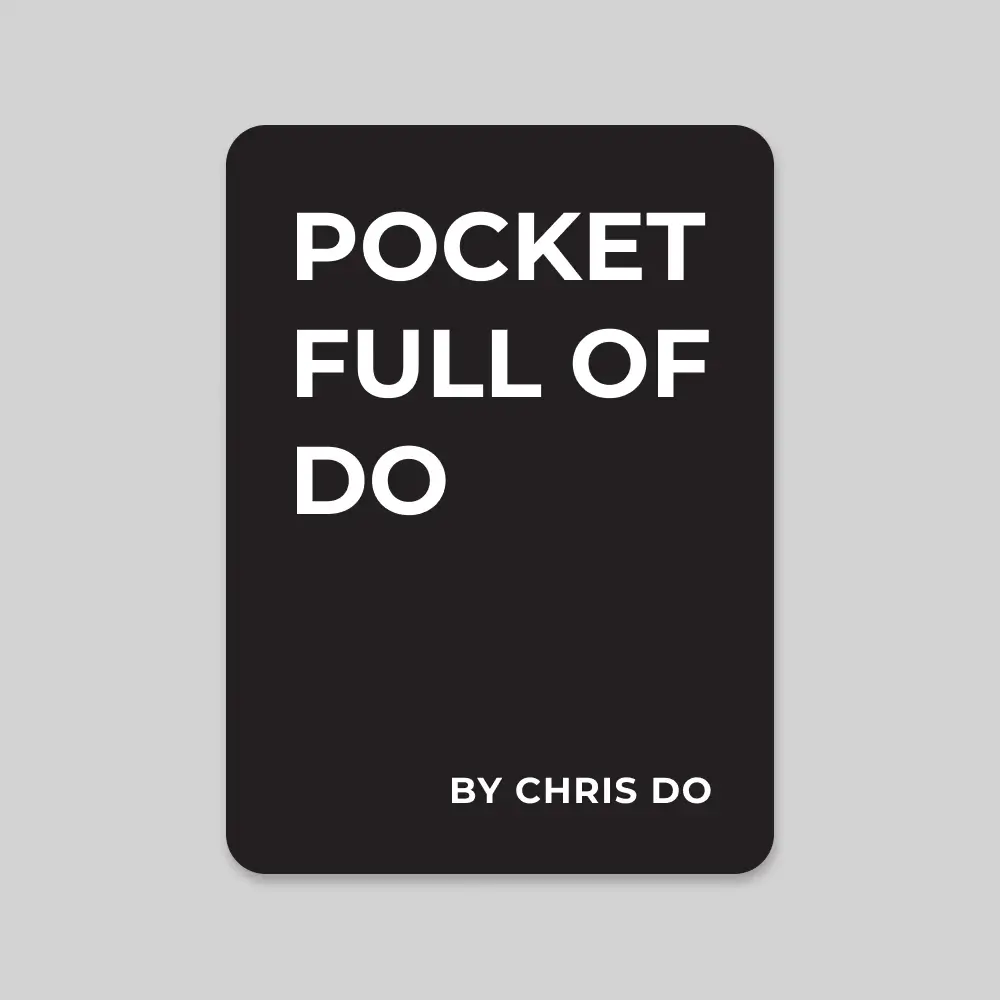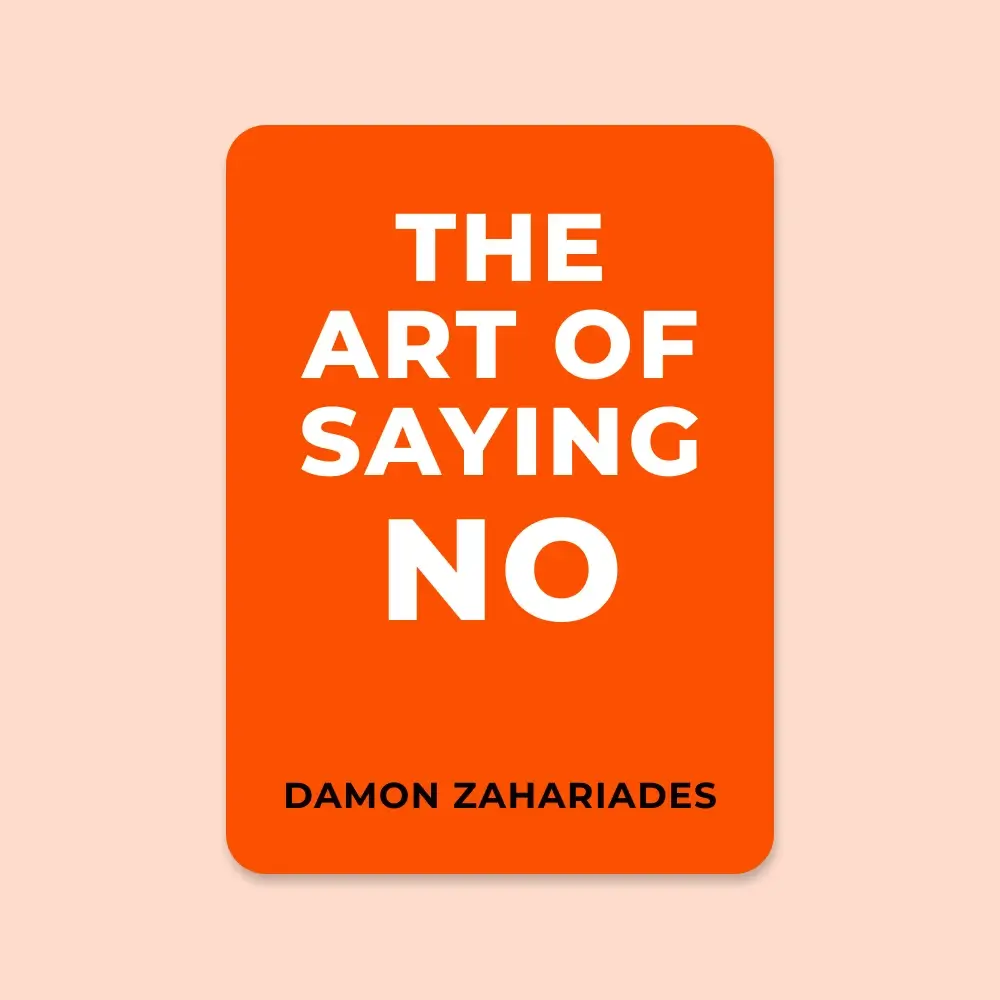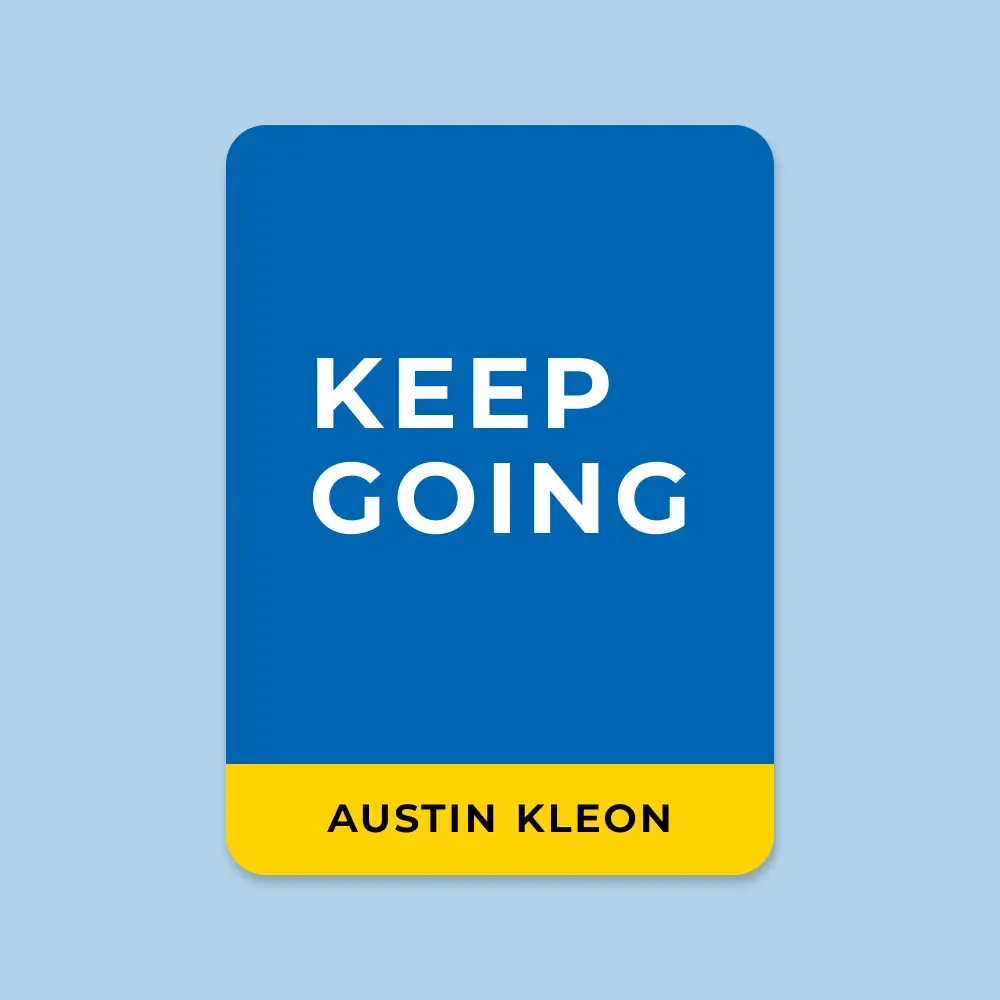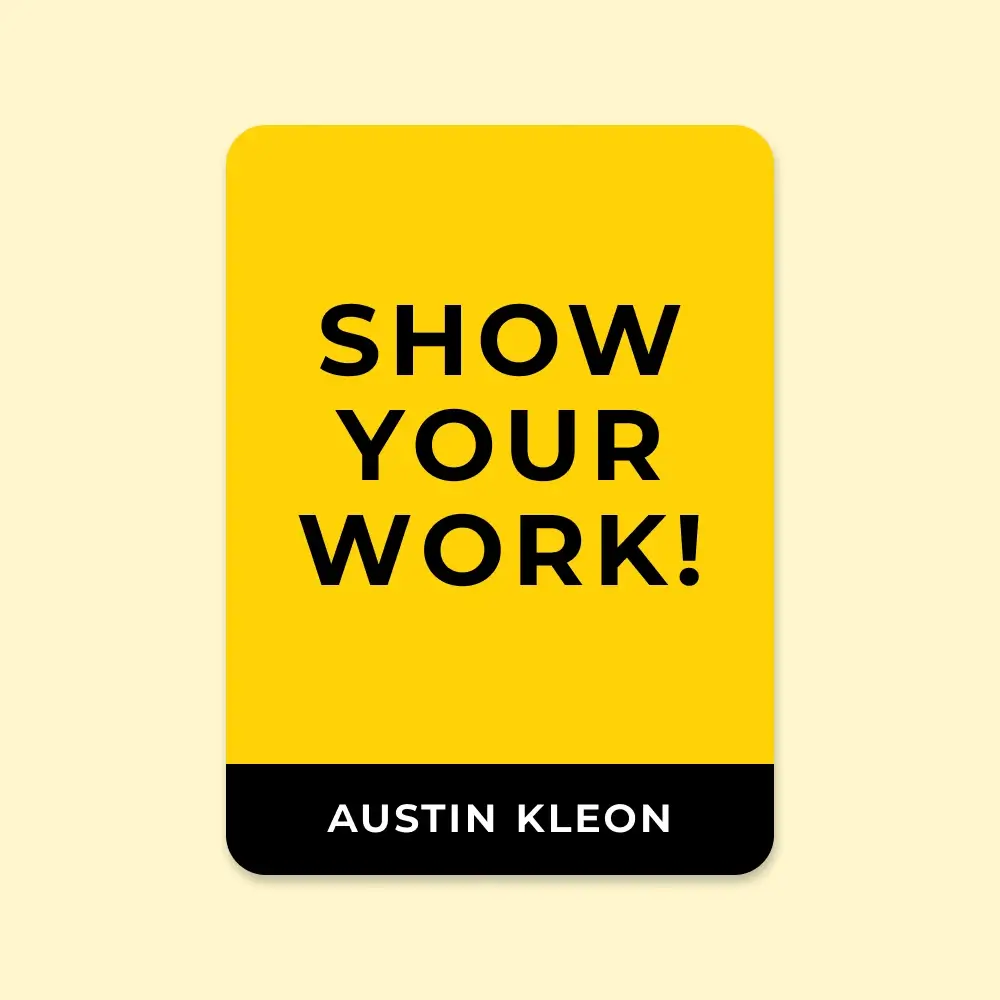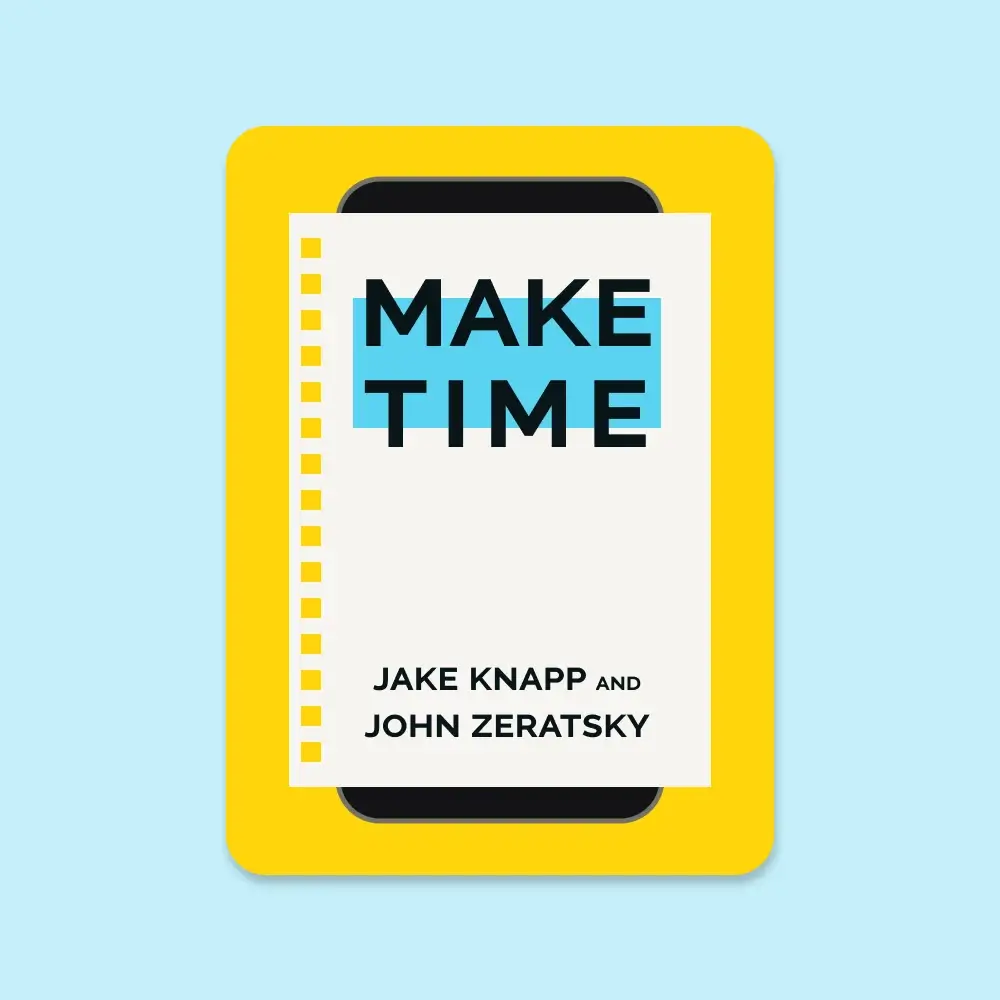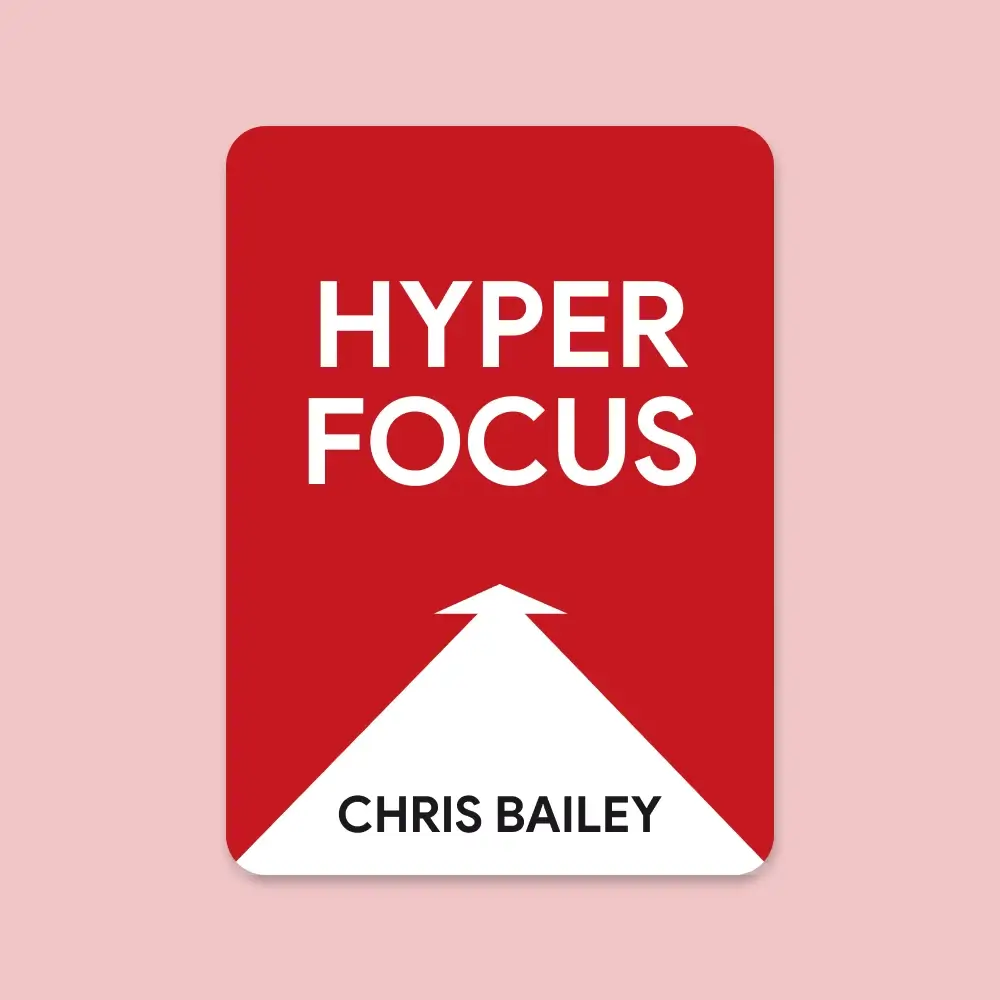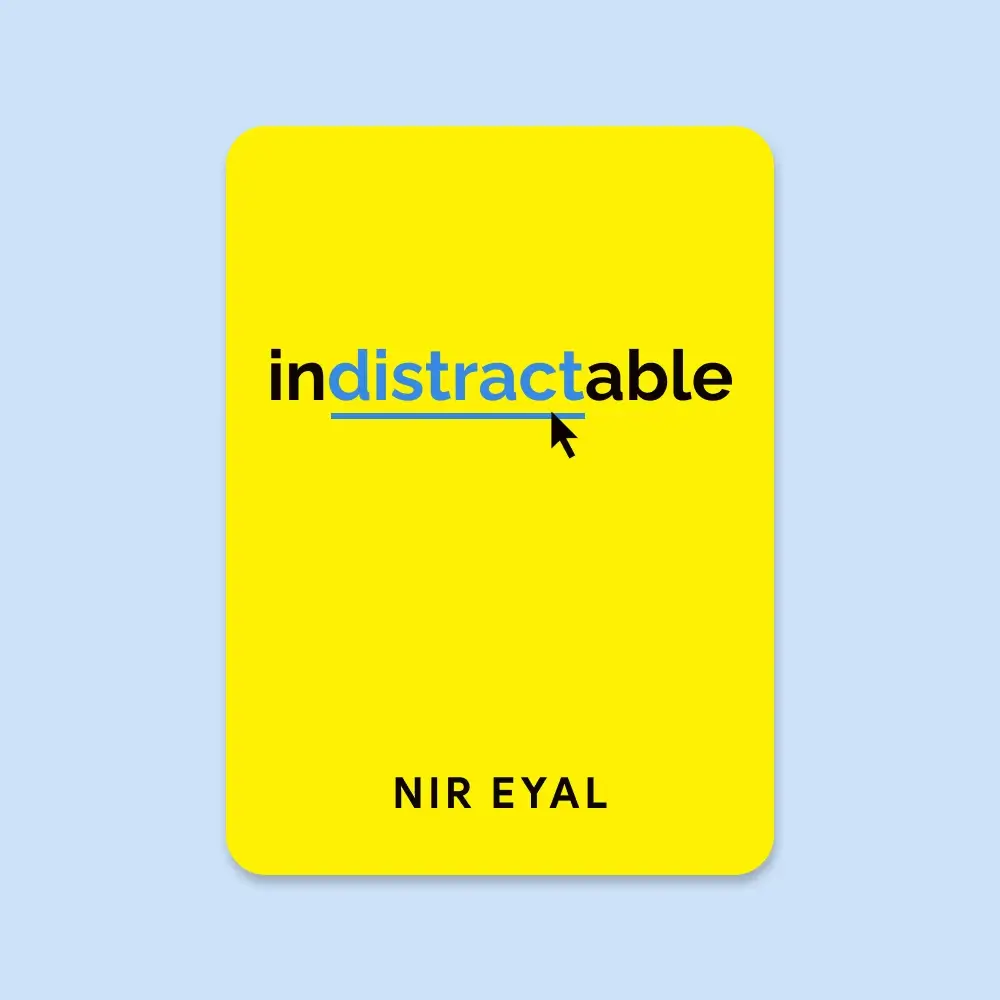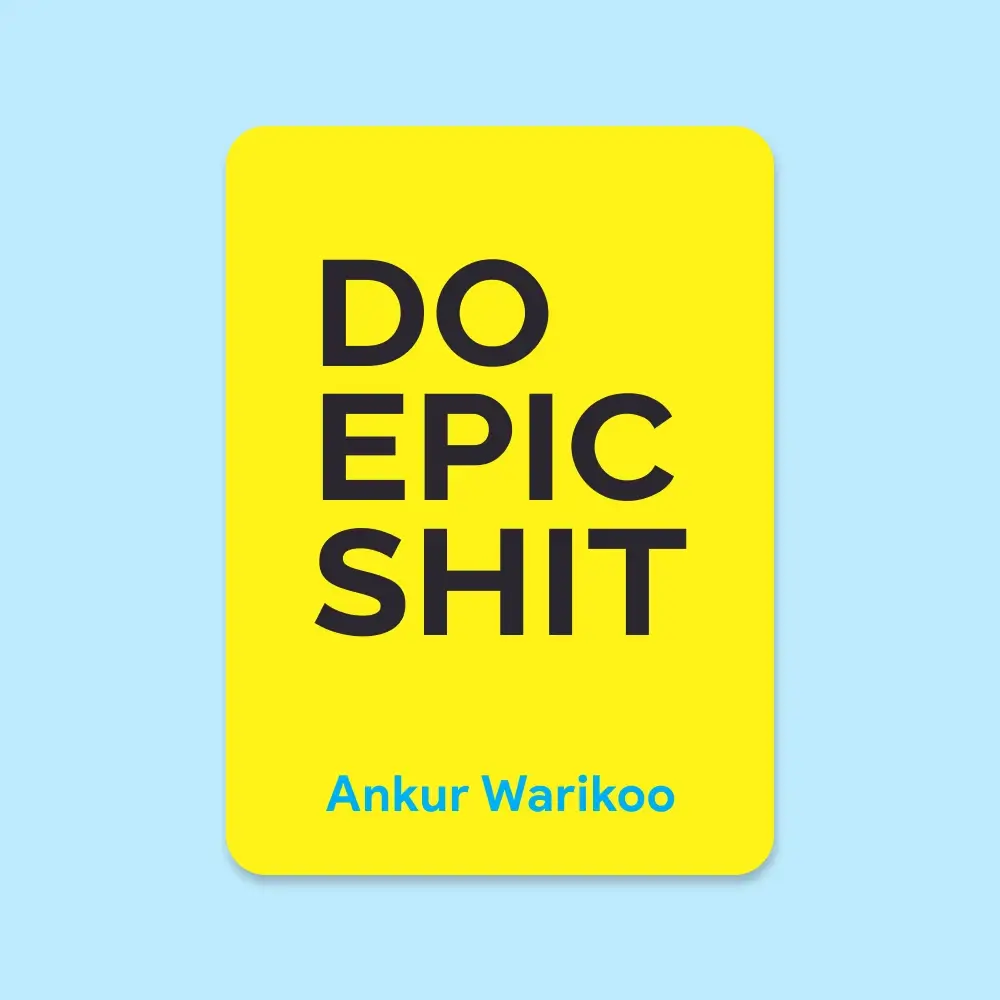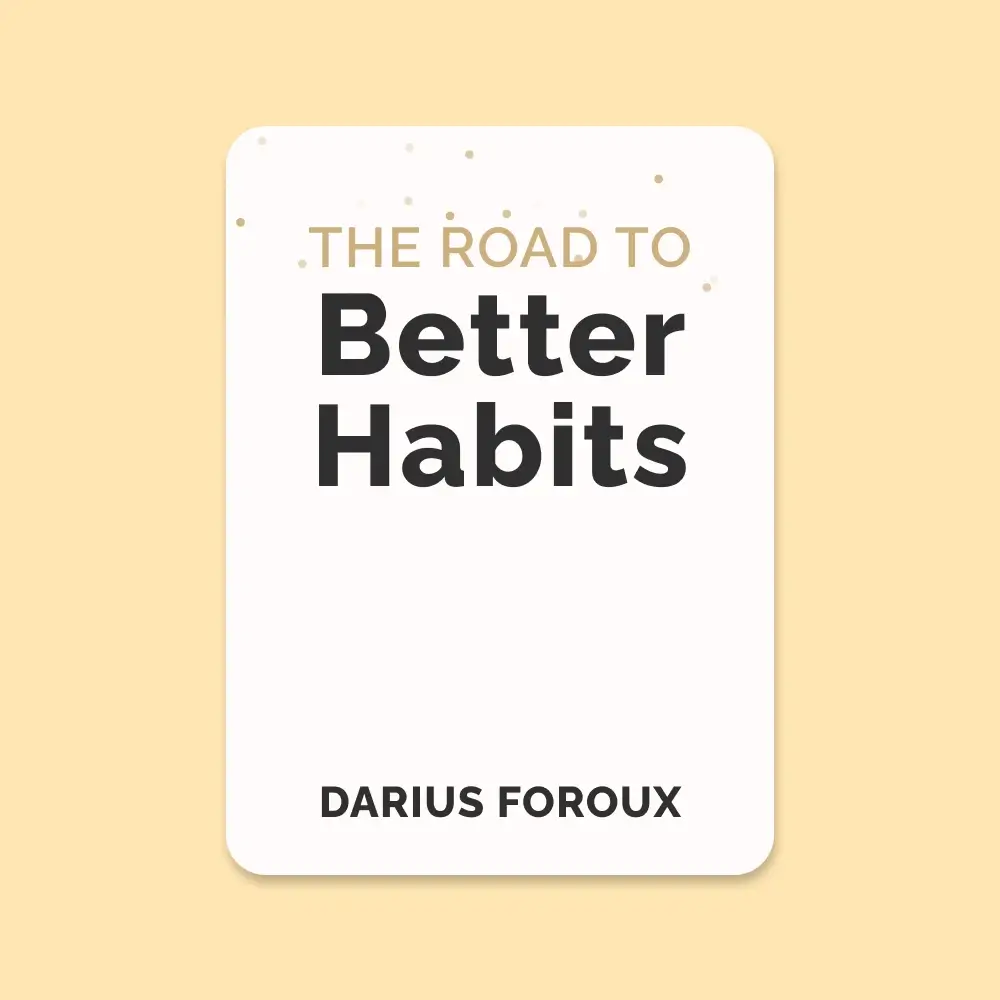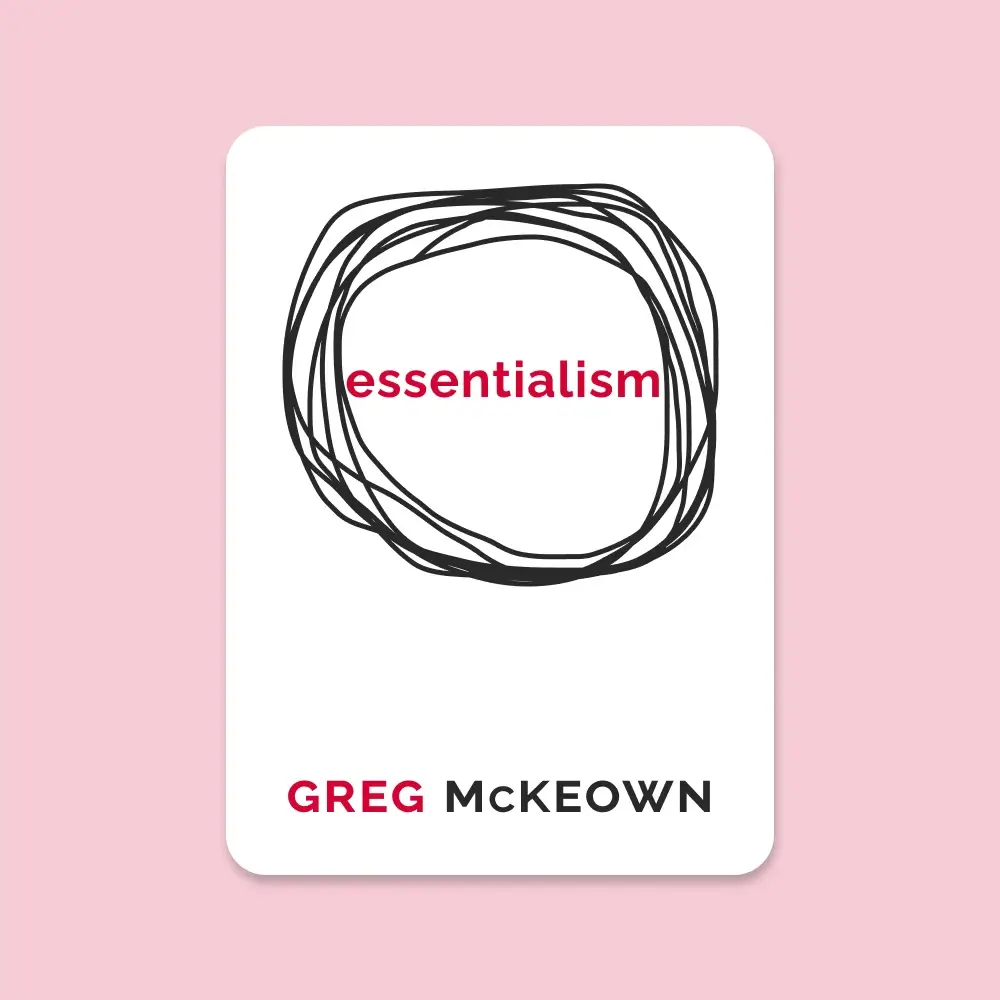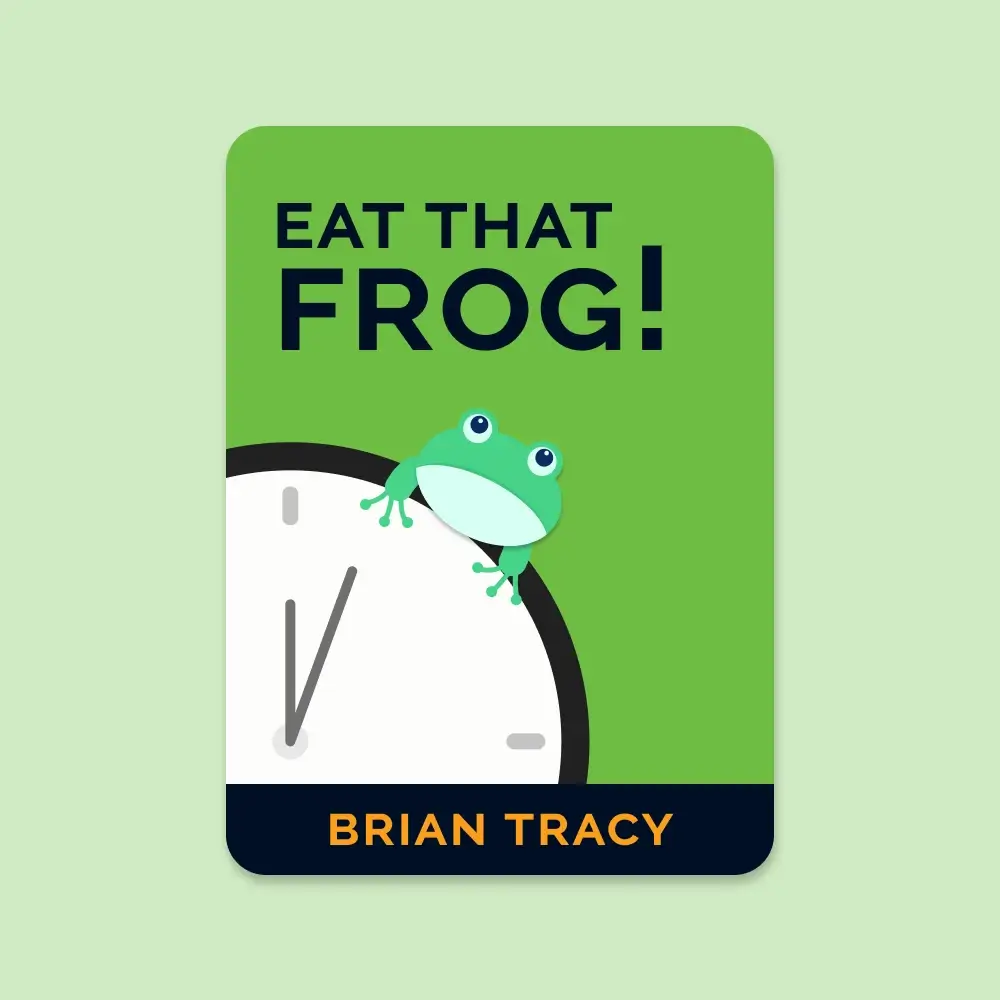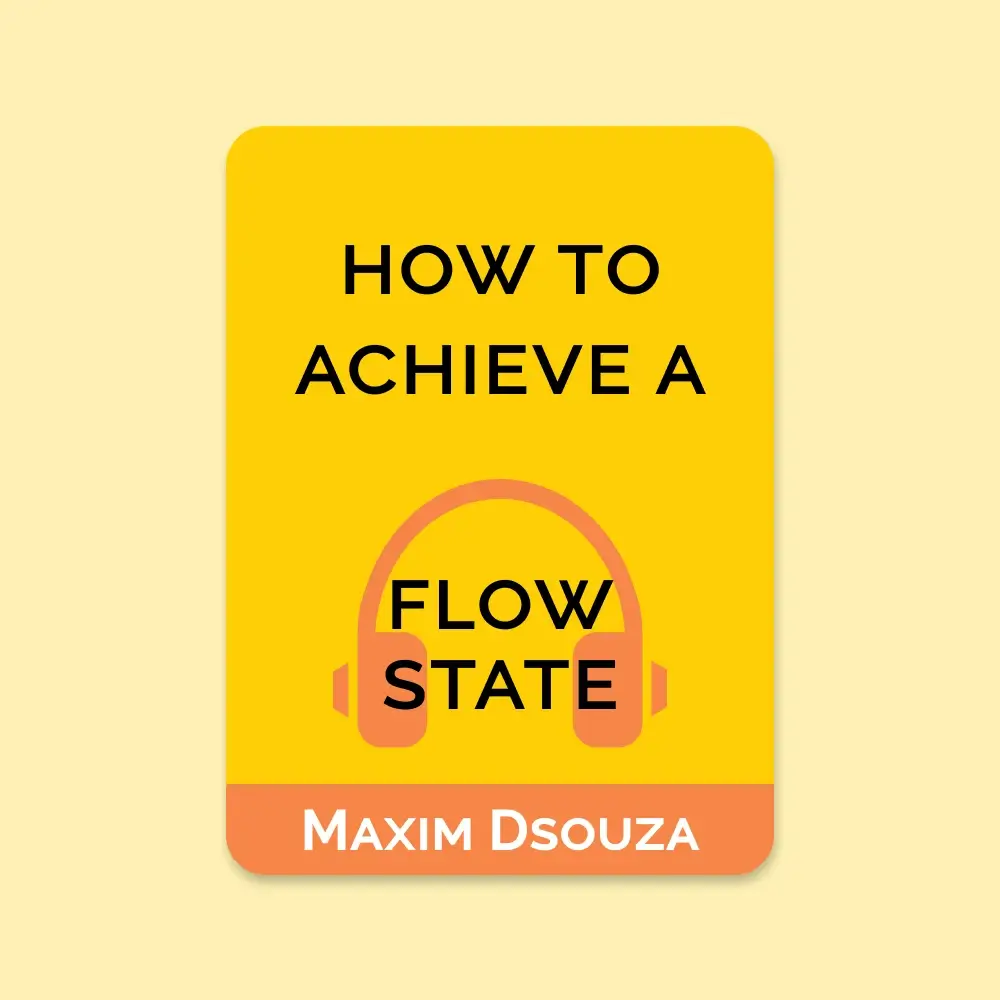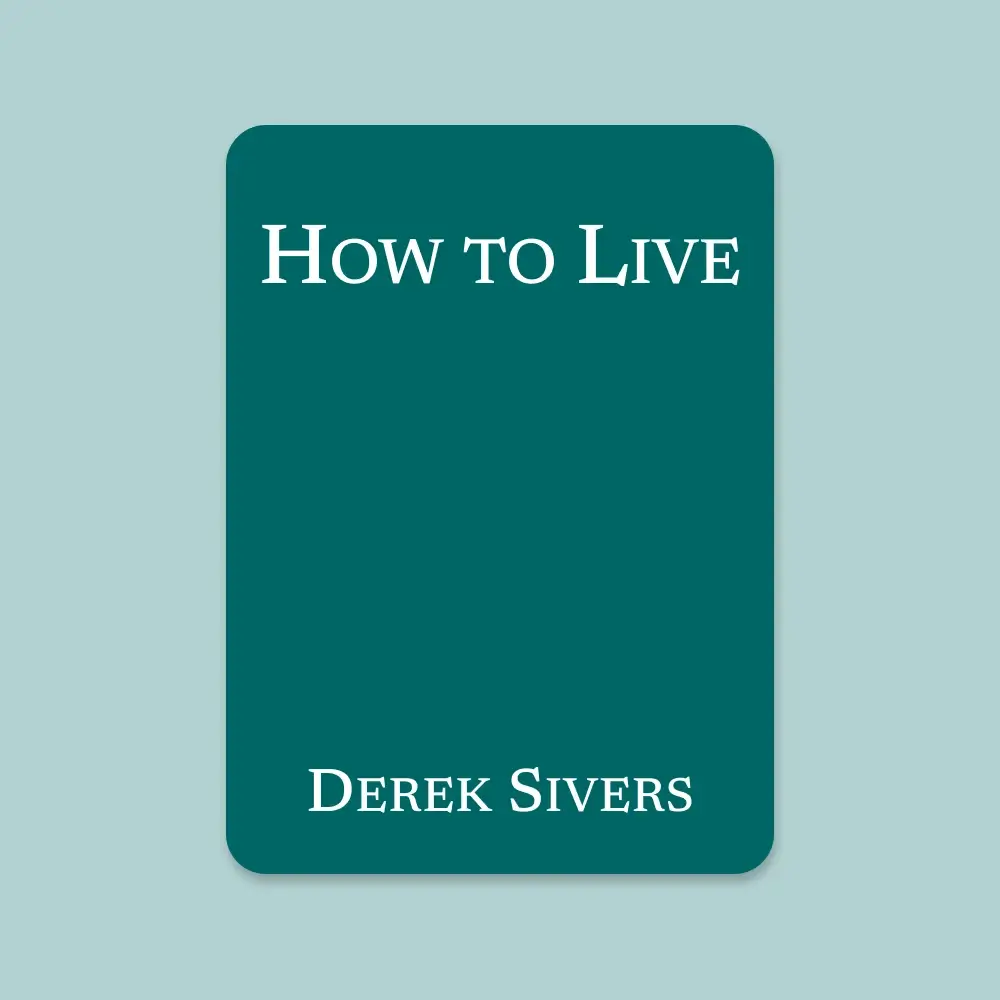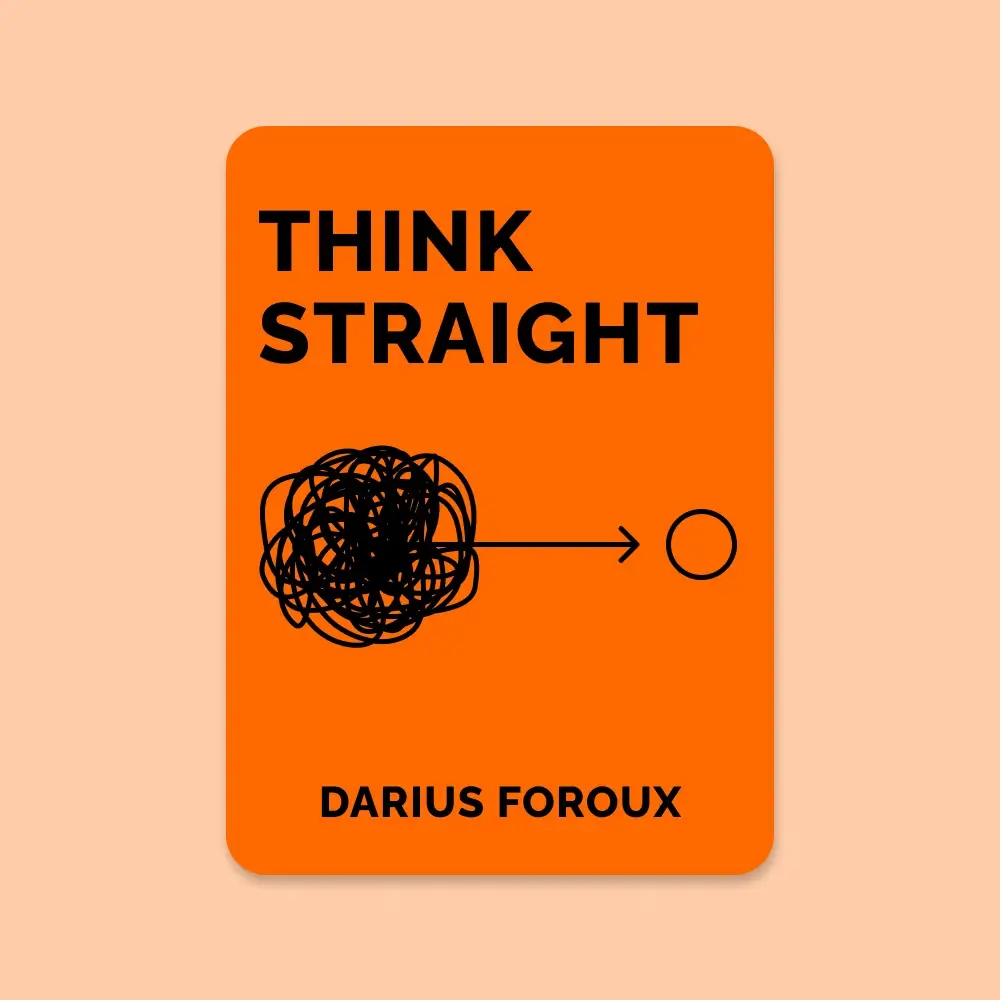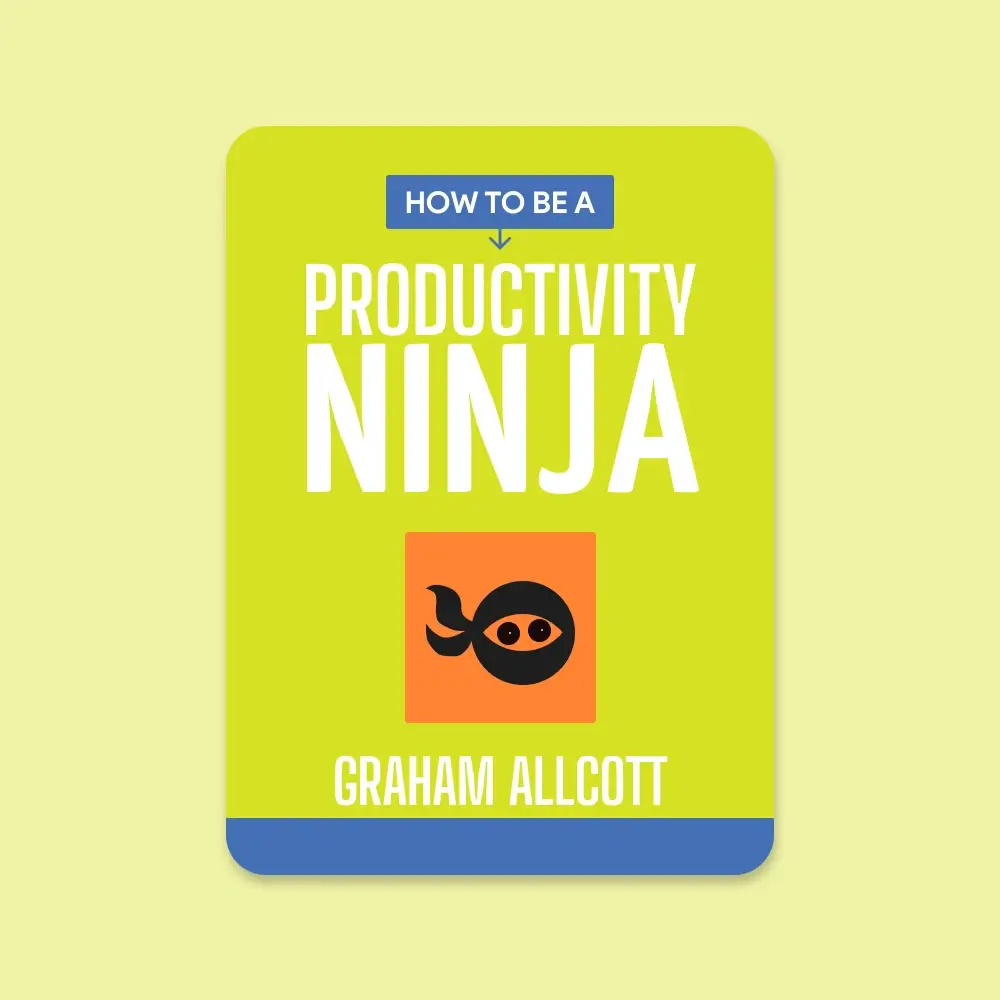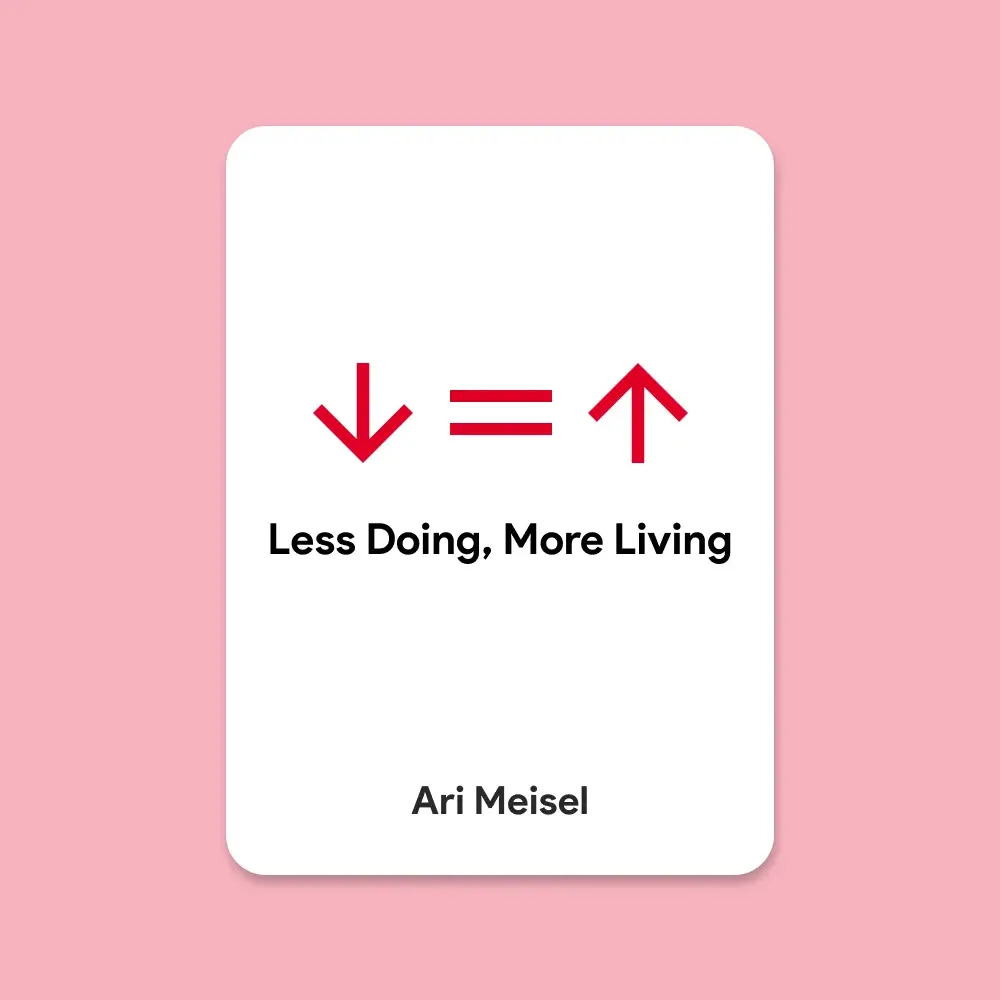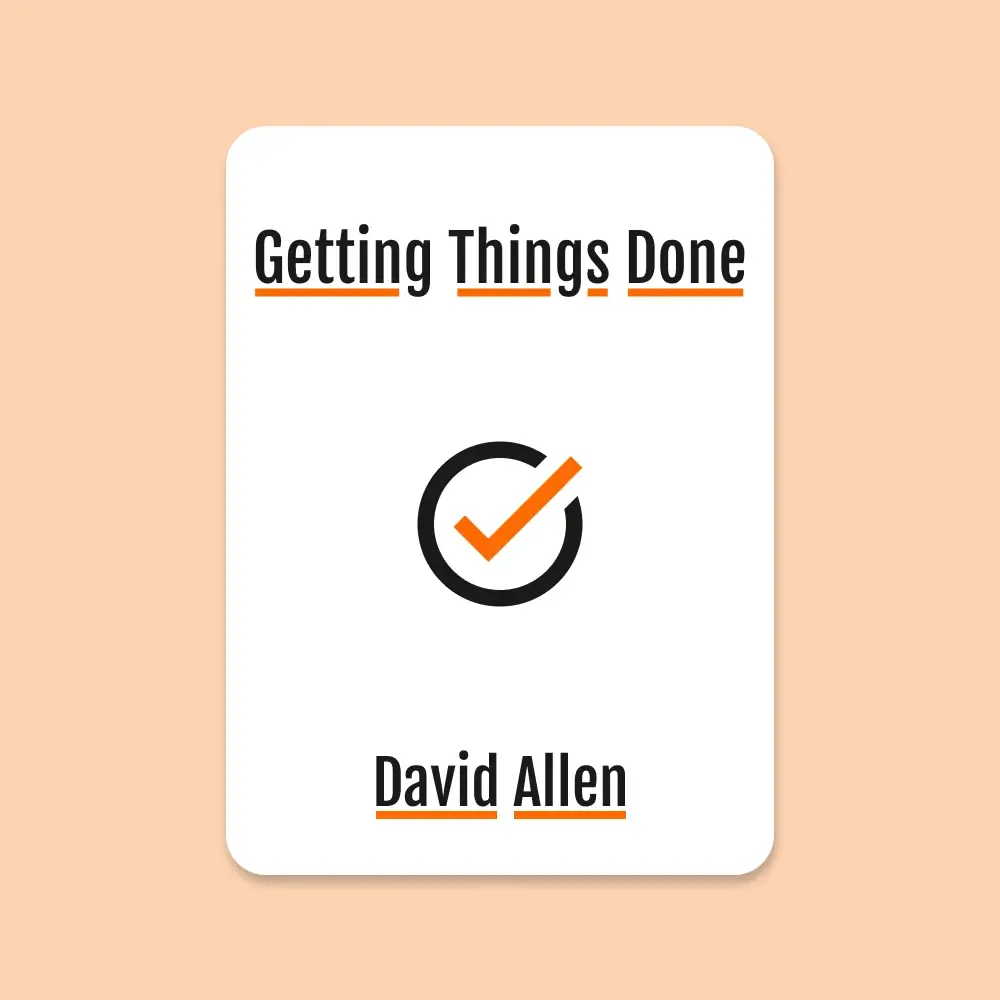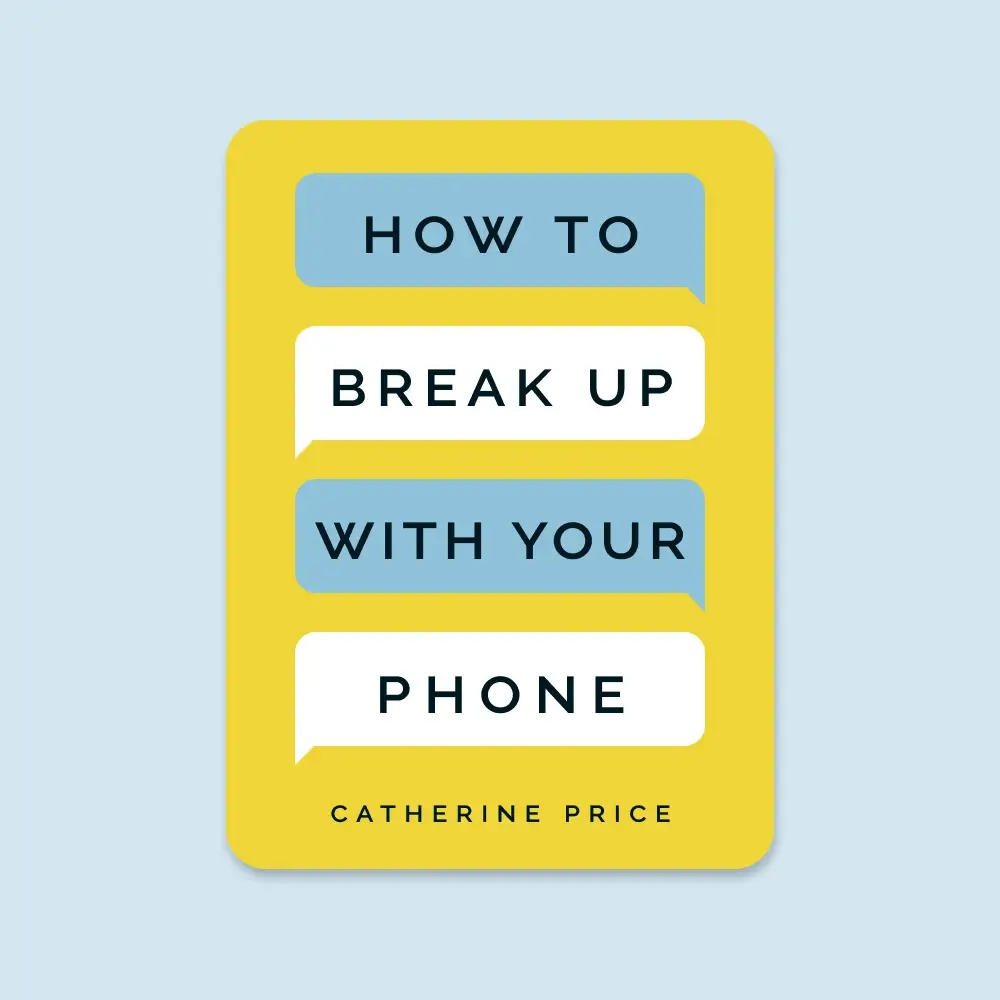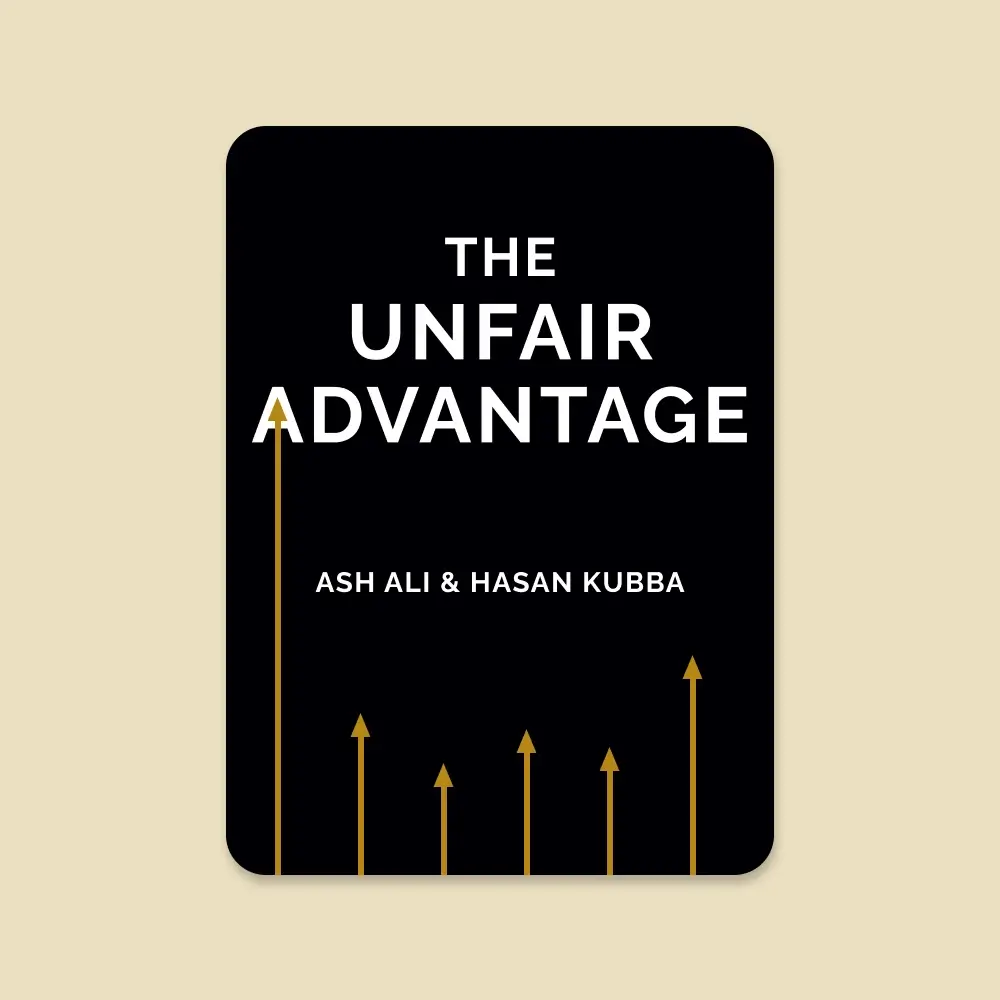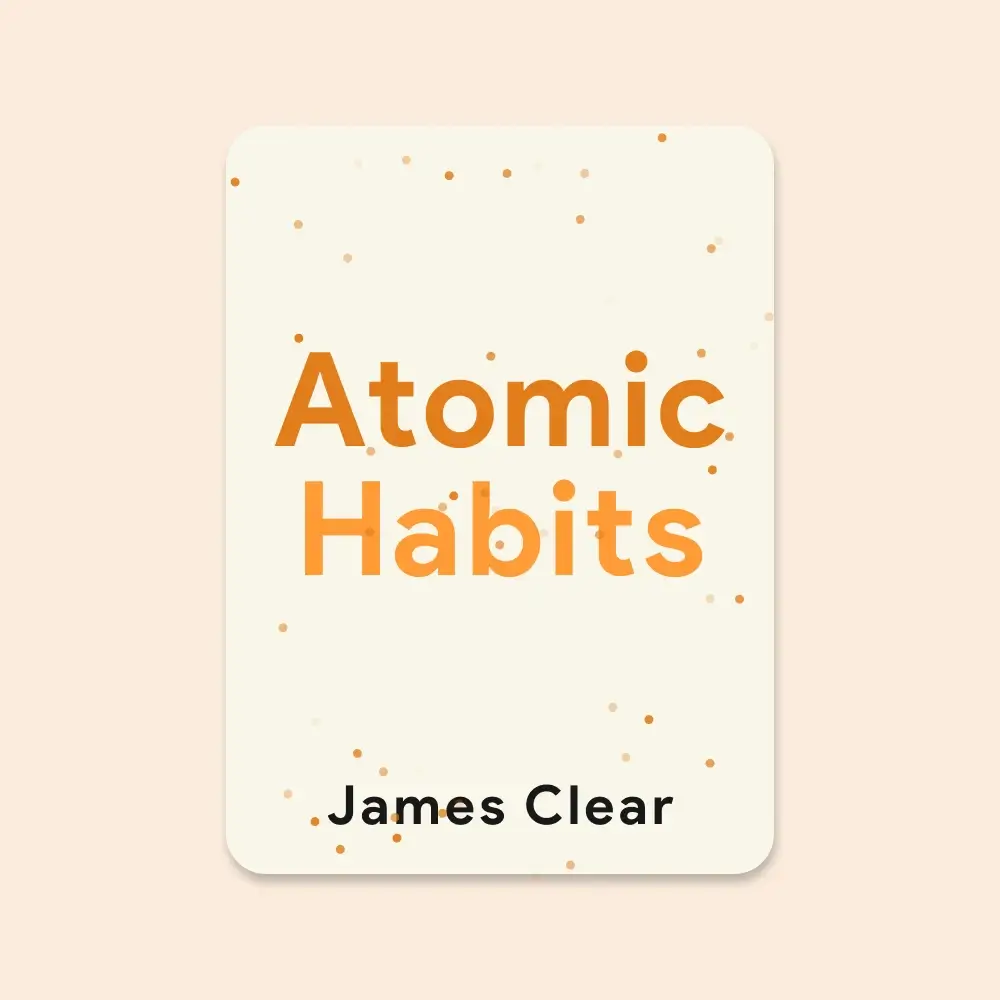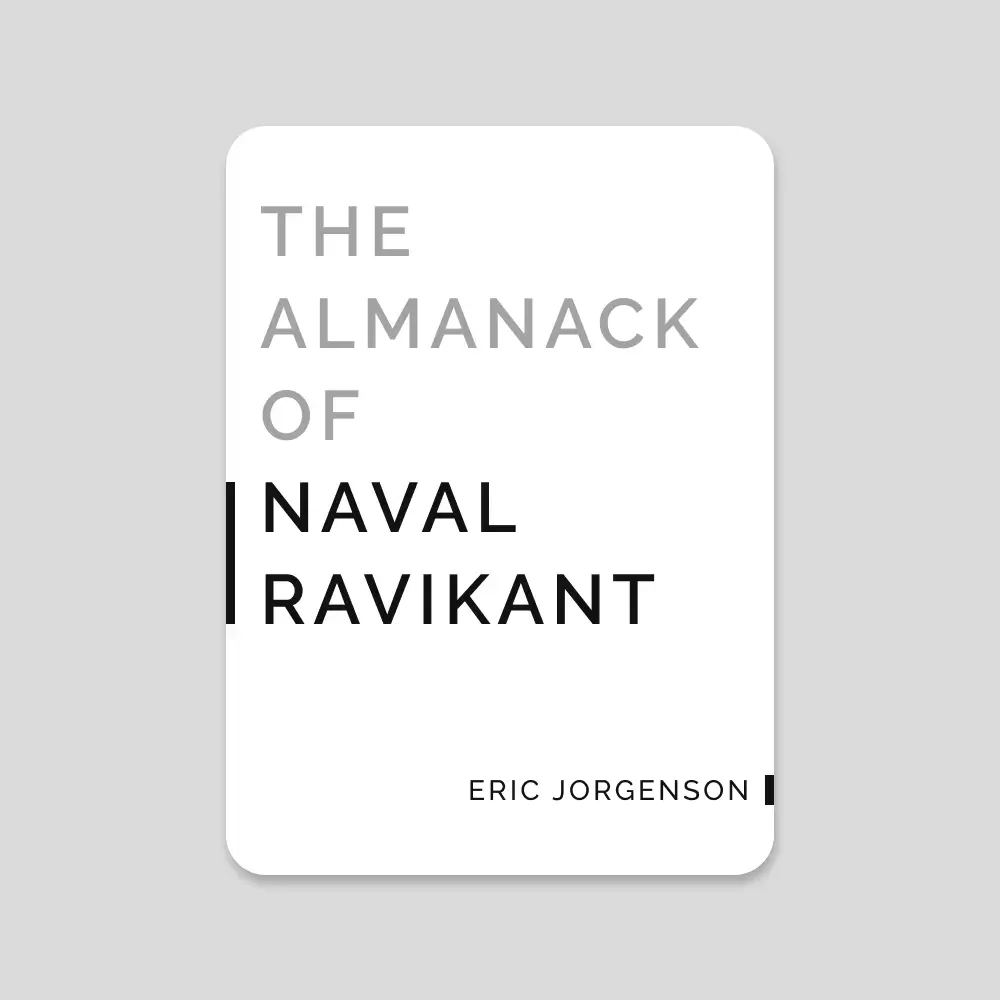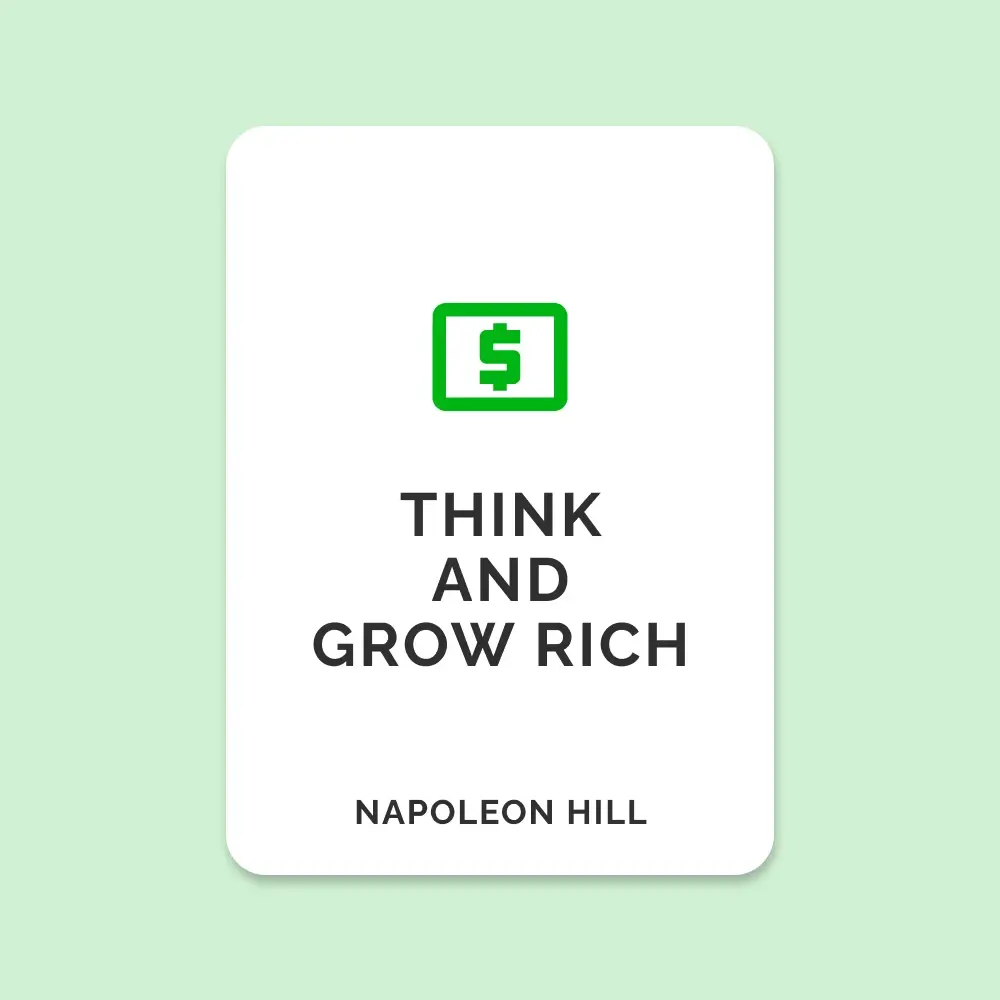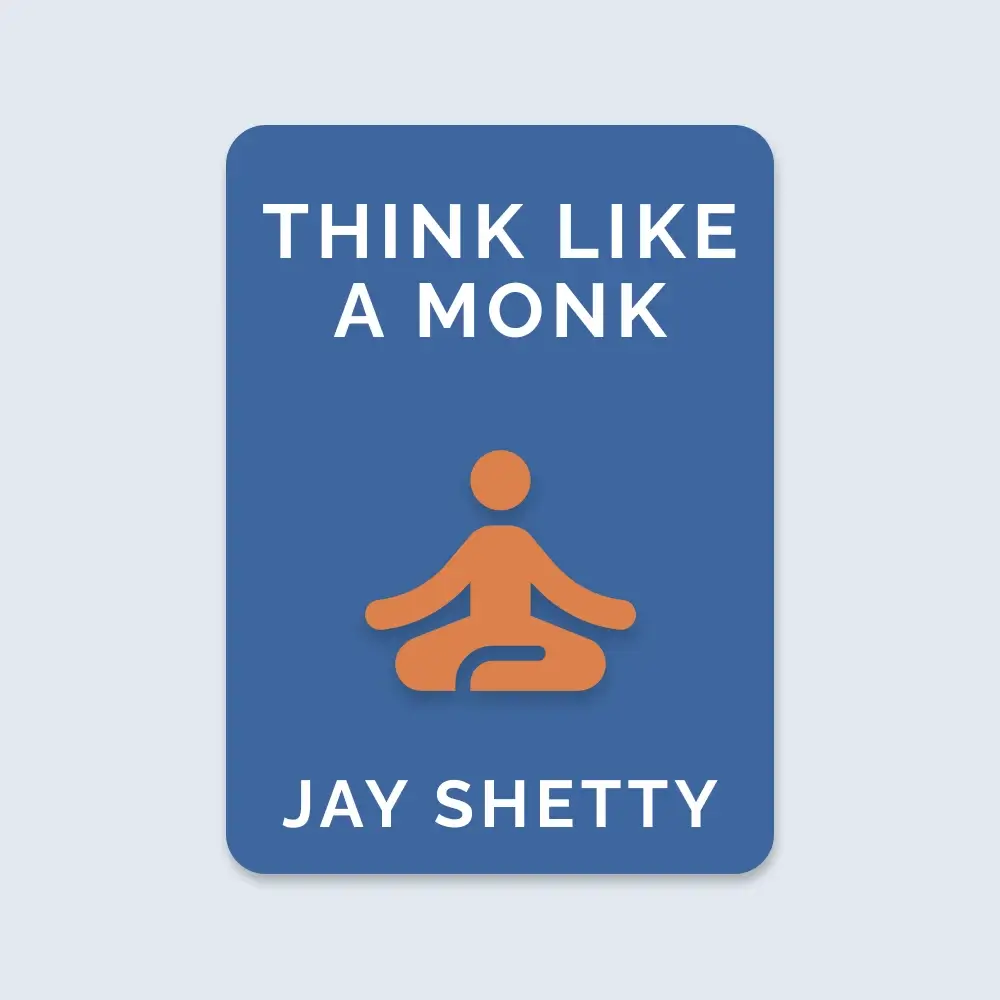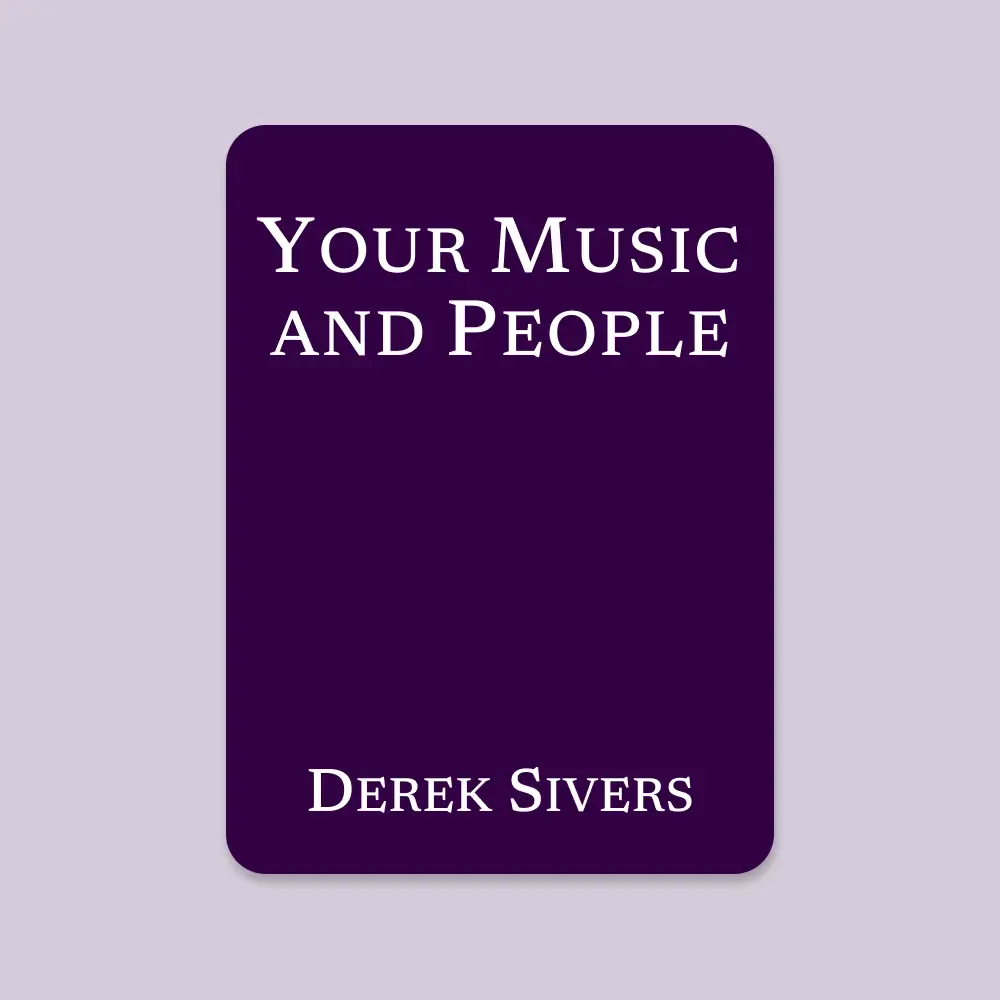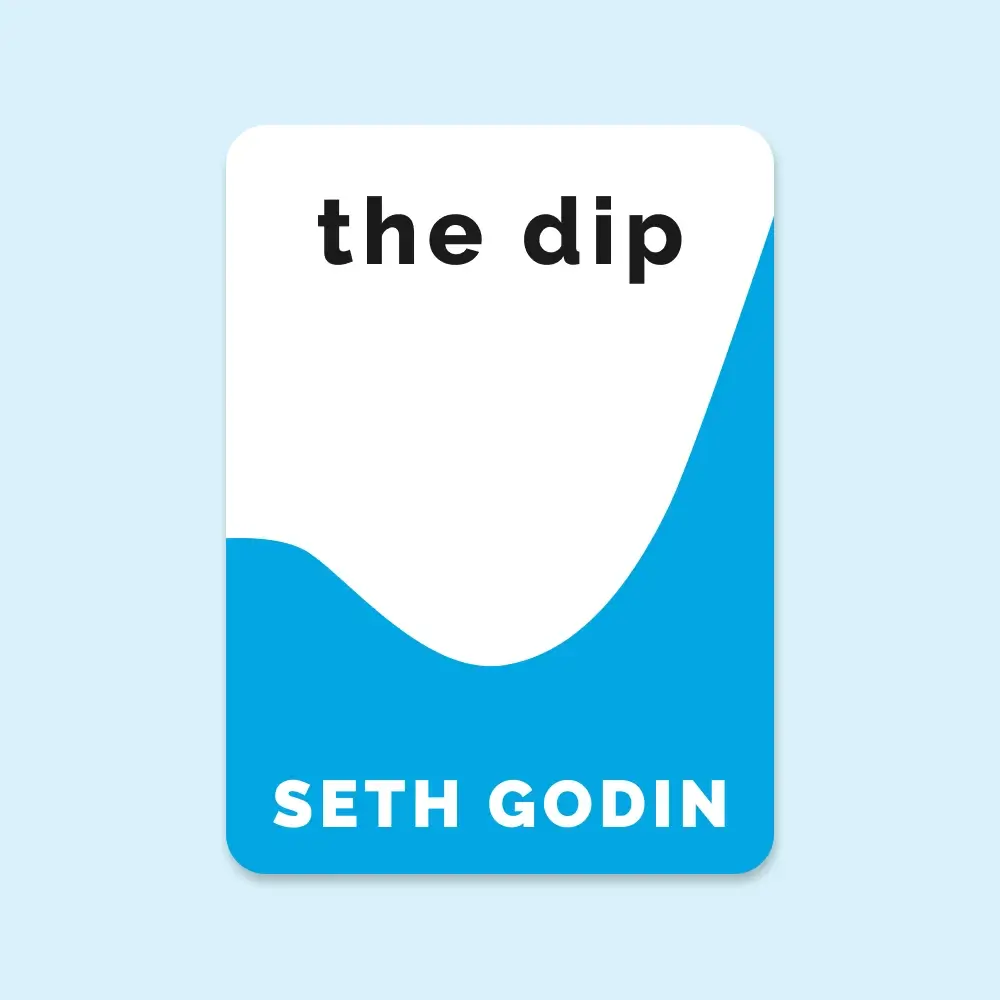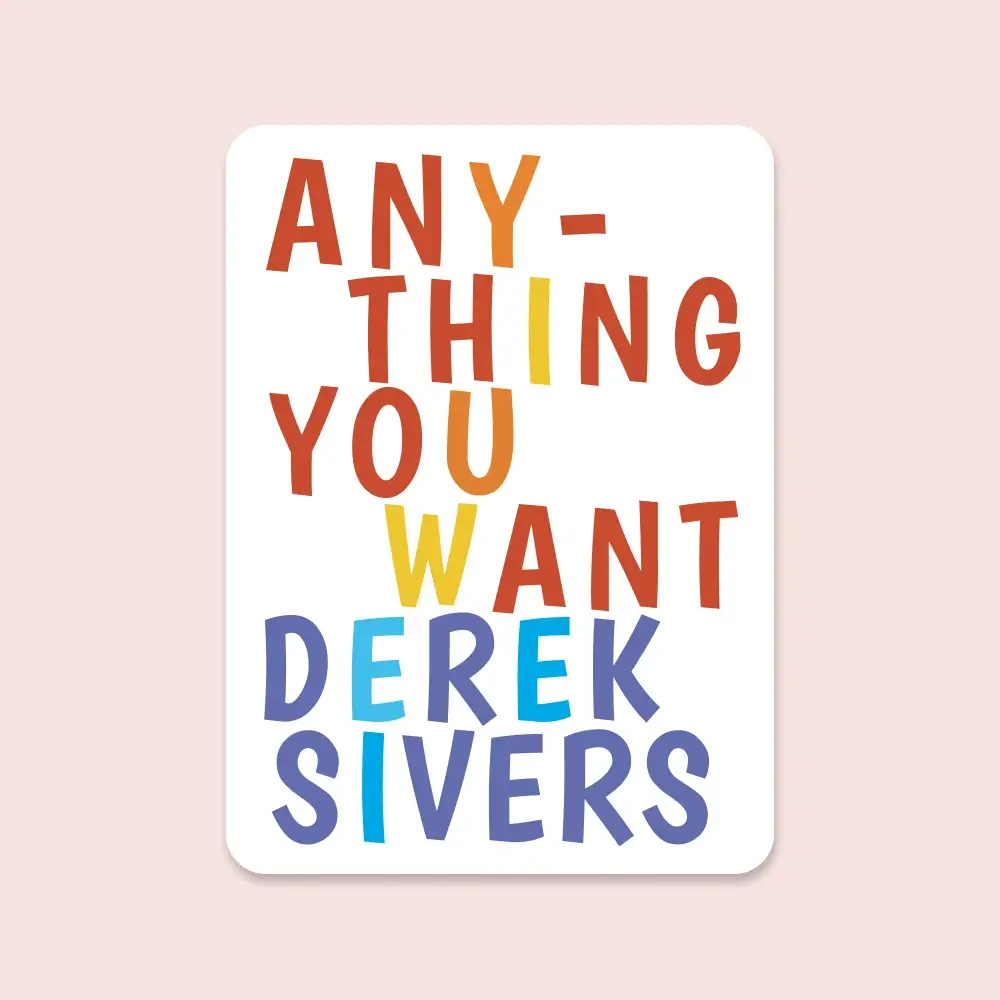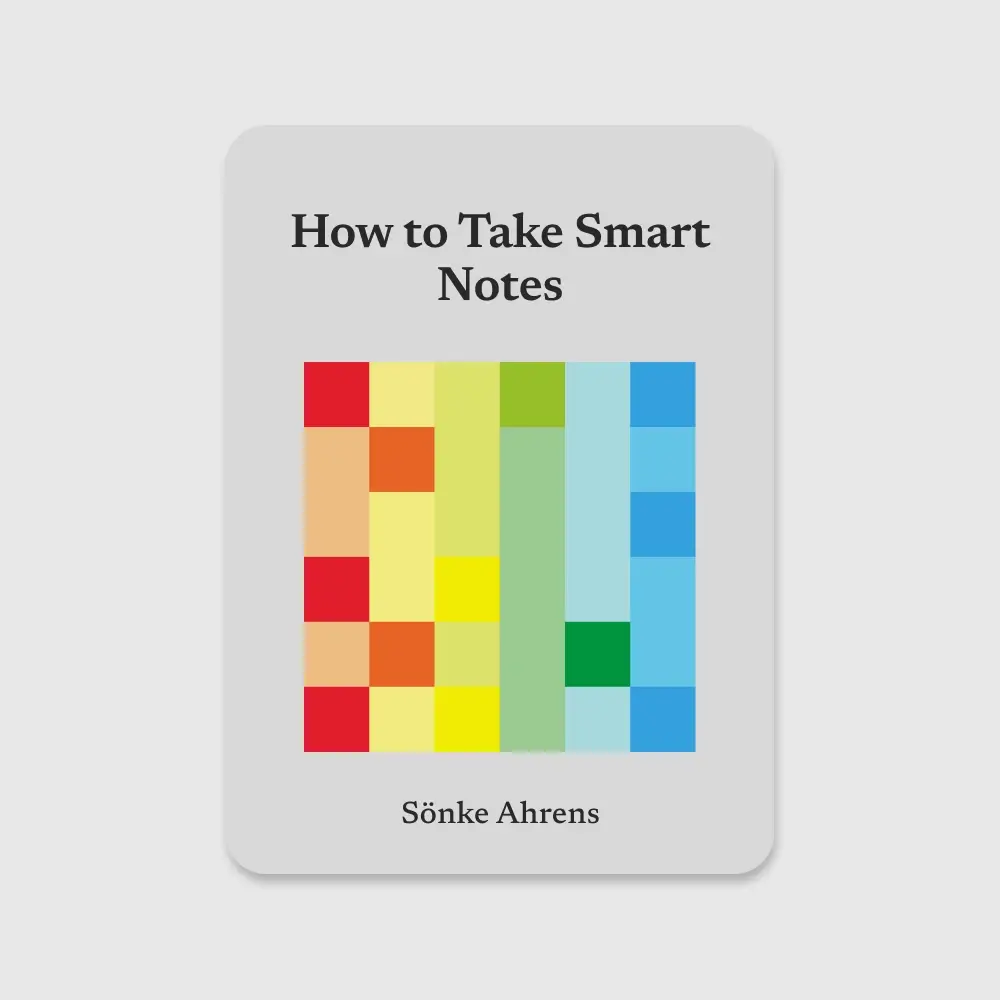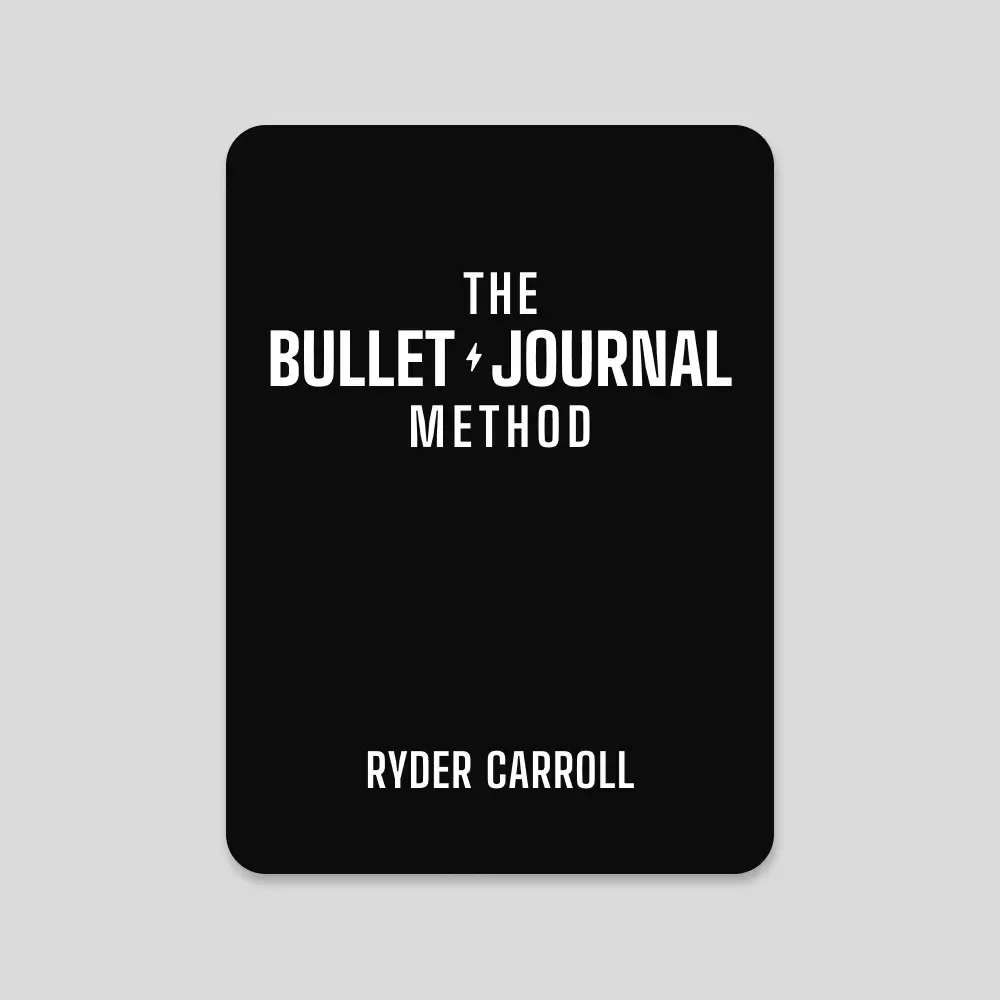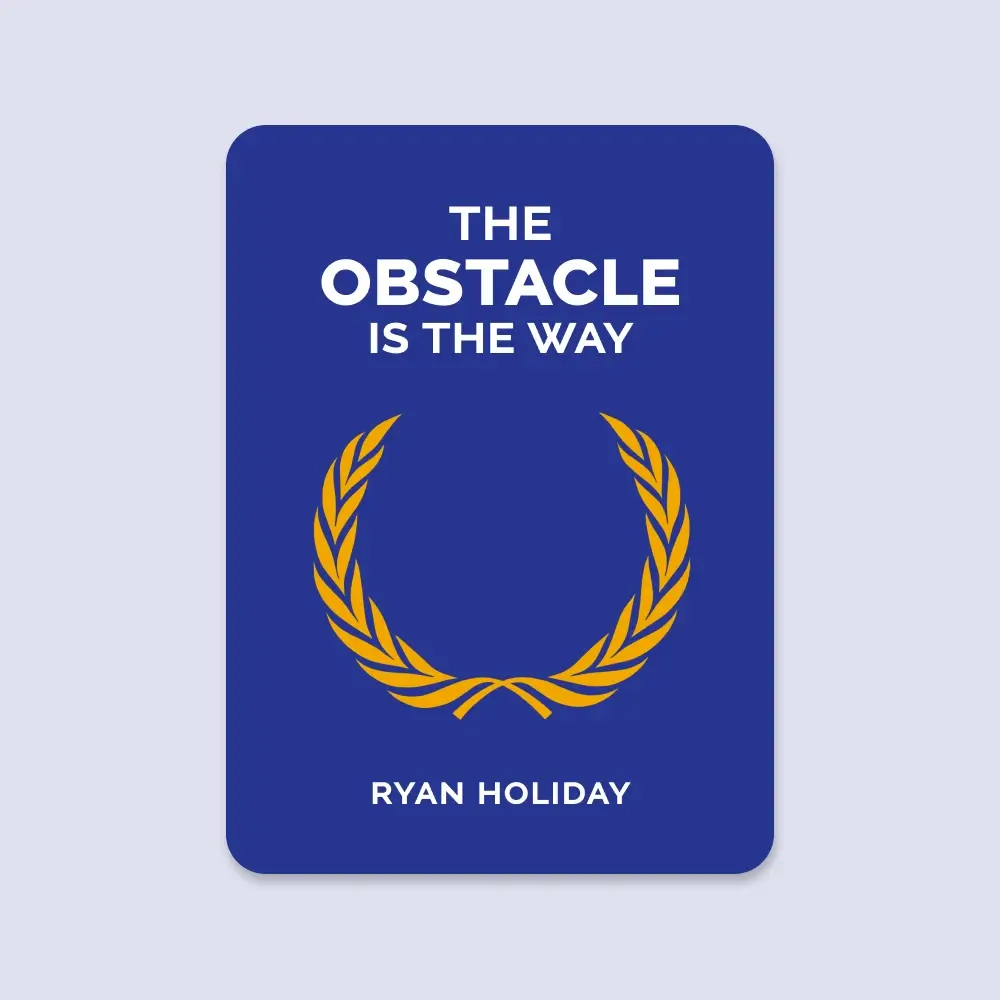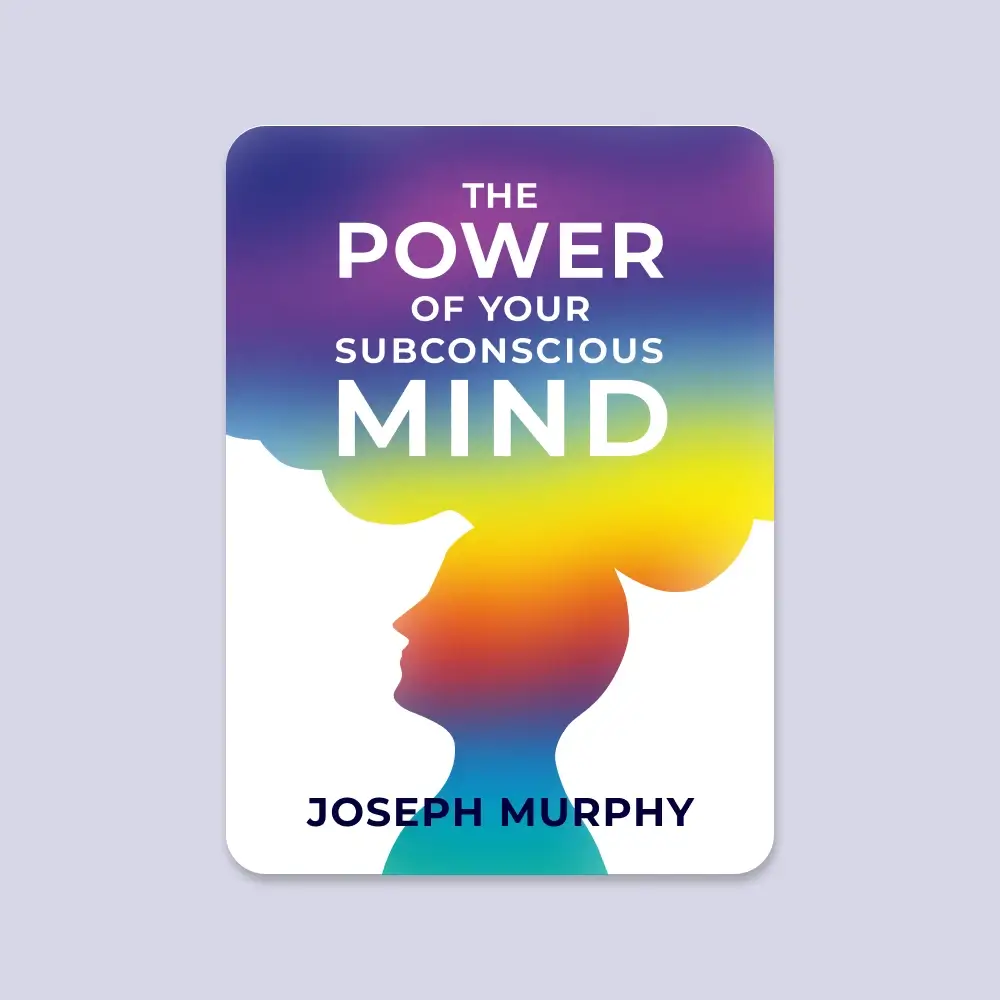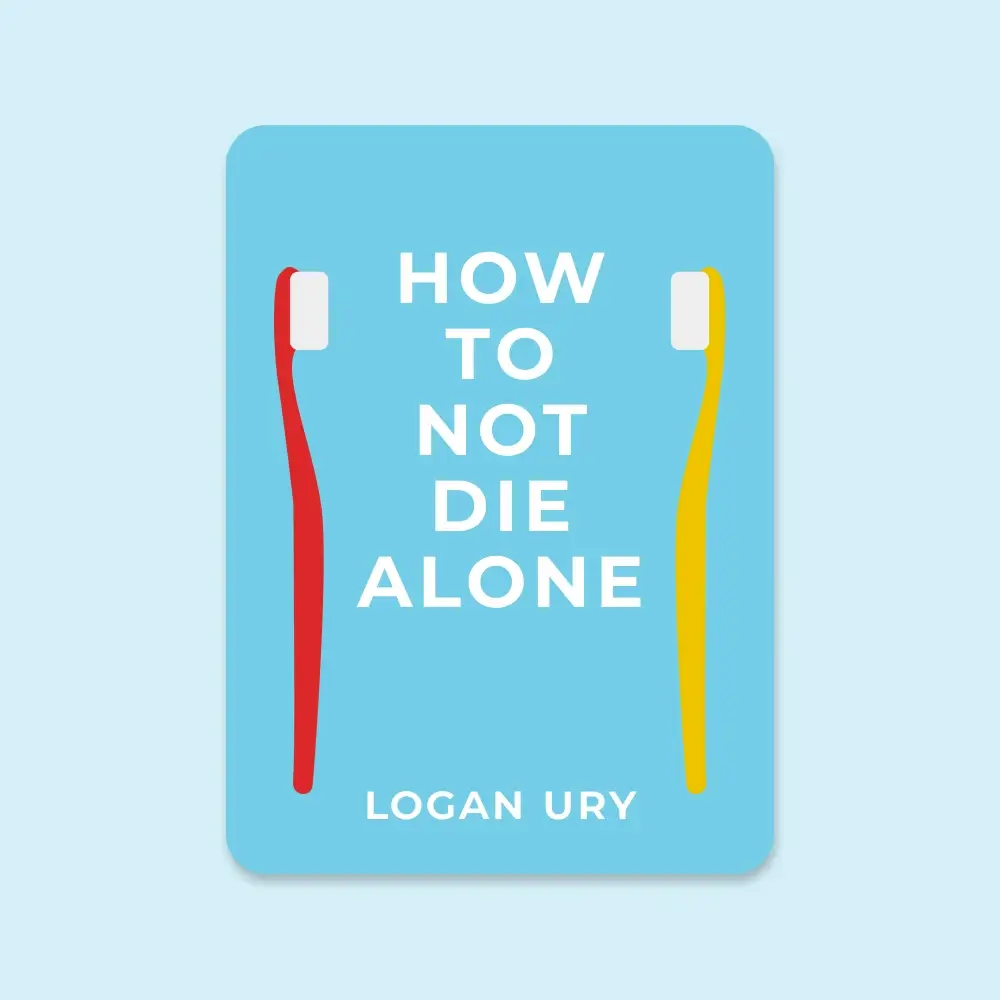
How to Not Die Alone
🎯 Love Is a Choice, Not Chance − Approach your love life intentionally. Great relationships aren’t found—they’re built through deliberate effort and mindset.
🧠 Mindset Over Magic − The “work-it-out” mindset trumps the “soul mate” myth. Love isn’t effortless; it’s the result of working through rough patches together.
⚒️ Effort Is the Love Language − Strong relationships require consistent effort. Finding love, keeping love, and growing in love—all take work.
🚩 Spot Your Dating Blind Spots − We all have patterns we can’t see. Self-awareness or coaching helps uncover the behaviors holding you back from finding lasting love.
🤯 Satisficer vs. Maximizer − Satisficers make good decisions and feel good about them. Maximizers seek perfection, overanalyze, and often feel regret—even after making solid choices.
📅 Hesitaters, Start Now − Waiting until you’re “ready” is a myth. Take action with small steps, set a deadline, and learn by doing. Dating is a skill you build, not a state you wait for.
🧠 Know Your Attachment Style − Attachment theory helps explain your love patterns. Learn yours and how it influences your dating and relationship behavior.
📉 Lust Fades, Kindness Stays − Long-term happiness comes from emotional stability, loyalty, and kindness—not looks, money, or shared hobbies.
🧪 Find a Partner You Fight Well With − 69% of relationship issues are perpetual. The goal isn’t avoiding fights but handling them with empathy, patience, and respect.
💡 Choose a Life Partner, Not a Prom Date − Avoid short-term thrill seekers. Look for someone reliable, kind, and committed to growth—for the moments when life gets hard.
🔥 Forget the Spark − The absence of instant chemistry doesn’t mean failure. Go for the slow burn. Real connection often builds over time.
🧠 Swipe Smarter − Dating apps amplify shallowness and indecision. Expand your filters, reduce comparisons, and focus on real connection—not profile perfection.
📱 Design Better Dates − Be present, playful, and curious. Skip the interview-style questions and end on a high note. The goal isn’t to evaluate—it’s to experience.
🤹♂️ Build Your Dating Skills IRL − Don’t rely solely on apps. Meet people through friends, events, or daily interactions. Practice connecting in the real world.
🎯 Stop Checklist Dating − Ditch the unrealistic expectations. Instead, pay attention to how someone makes you feel and the version of you they bring out.
🧠 Don’t Trust First Impressions − Attraction can grow. Give people a second or third date before making a decision. You’re more biased than you think.
👻 Define Ghosting Properly − It’s only ghosting if one party expected a reply. Mutual opt-outs aren’t ghosting—just natural ends.
🤗 Default to Compassion − People aren’t their worst moments. Override harsh judgments with empathetic alternatives. Assume positive intent.
🧍 Work on You First − Confidence and wholeness start from within. The better you feel about yourself, the more easily you can love and be loved.
🔄 Know If You’re a Ditcher or Hitcher − Ditchers bail too fast. Hitchers stay too long. Balance is knowing when to invest and when to walk away.
⏱️ Break Up Right − Timing matters. Don’t blindside someone before an important event. Be kind and considerate—it impacts more than just the moment.
🙋 Accountability Wins − Share your dating goals with friends. Involving others increases commitment and follow-through.
🌱 Love Is Built, Not Found − There’s no perfect partner waiting to be discovered. Strong relationships are created through effort, alignment, and intentional choice.
-
Intentional Love asks you to view your love life as a series of choices rather than accidents.
-
Great relationships are built, not discovered.
-
Many people suffer from dating blind spots—patterns of behavior that hold them back from finding love, but which they can’t identify on their own.
-
Love is an action you take, not something that happens to you. People with the work-it-out mindset tend to fare better in relationships because when they stumble, they put in the work needed to get the relationship back on track, rather than giving up.
-
No relationship is easy all the time. Even the healthiest, most rewarding marriages require effort.
-
Love takes work—from finding it to keeping it alive. Waiting around at the farmers’ market just won’t cut it. You need to put in effort to find someone.
-
Relationships go through periods of highs and lows. If you’re working hard at your relationship, that’s a good sign, not a bad one!
-
Our mindset matters! The ability to shift your mindset from soul mate to work-it-out beliefs could mean the difference between finding a life partner or not.
-
People with a work-it-out mindset know that relationships take effort and that building a successful relationship is a process.
-
The Happily-Ever-After Fallacy is the mistaken idea that the hard work of love is finding someone. In reality, that’s only the beginning. Staying in love takes work, too. If you expect relationships to be easy, you’ll be caught off guard when they hit an inevitable rough patch.
-
Maximizers obsess over their decision-making. They trust that careful analysis will ultimately make their life better. But that’s not true. Not only are Satisficers able to make good decisions, they tend to wind up happier about them. That’s because—and it’s worth repeating—satisficing is not about settling.
-
Satisficers may have very high standards and stop only after those standards have been met. The difference is, once they stop, they don’t worry about what else is out there. Maximizers, on the other hand, may find an option that meets their standards, but they feel compelled to explore all possibilities.
-
Our life, once scripted by culture, religion, and family, is now a blank page. This grants us the freedom to express ourselves more fully. But we’re also burdened by the pressure to get it right. When we are the authors of our own story and that story sucks, we have no one to blame but ourselves. No wonder we can get trapped in analysis paralysis.
-
Satisficers report feeling happier with their choices, even when they select an objectively worse option.
-
Maximizers constantly second-guess themselves. They suffer doubly: first in the agony leading up to the decision, and again every time they worry they’ve made the wrong one.
-
Psychologist and The Paradox of Choice author Barry Schwartz explains that what separates Maximizers and Satisficers is not the quality of their decisions, it’s how these decisions make them feel: “Maximizers make good decisions and end up feeling bad about them. Satisficers make good decisions and end up feeling good.”
-
Rationalization is our ability to convince ourselves we did the right thing.
-
Don’t let perfect be the enemy of great.
-
Research shows that Satisficers tend to be happier, because in the end, satisfaction comes from how you feel about your decision, not the decision itself.
-
For Hesitaters, there’s a story in your head that one day you’ll wake up and feel ready. That story is fiction. That’s not how life works.
-
When it comes to dating, Hesitaters wait until they have more confidence, more money, more whatever. But they’re neglecting the opportunity cost of not starting.
-
The fact is, everyone has to make those rookie mistakes at first. You’re going to make them no matter when you start dating, so you might as well start making them now.
-
Overcome your hesitation and start dating
-
Step 1: Make a deadline.
-
Step 2: Prep.
-
Step 3: Tell others.
-
Step 4: Commit to your new identity.
-
Step 5: Start small.
-
Step 6: Be compassionate with yourself.
-
-
Deadlines are one of the most efficient ways to motivate someone to take action.
-
If you publicly announce your goals to others, you’re more likely to stay focused on them.
-
Once you commit to something, your brain starts the magical process of rationalization, convincing you that you made a good choice. You retroactively ascribe more positive traits to things you chose and more negative traits to things you didn’t.
-
Hesitaters delay dating because they don’t feel 100 percent ready yet and want to put their best foot forward. But no one ever feels 100 percent ready for anything. At a certain point, you just have to start.
-
Perfection is a lie. Everyone else is imperfect, too—even the person you’ll eventually end up with.
-
By waiting to date, Hesitaters miss out on a chance to develop their dating skills and figure out what type of person they want to be with.
-
People with anxious-attachment styles often act out in order to get their partner’s attention. They might call or text an excessive number of times, threaten to leave to make the other person jealous, or withdraw and ignore phone calls to underscore a point.
-
Attachment theory is a popular framework for understanding relationships. It can help explain why you’re attracted to certain people, why past relationships haven’t worked out, and why you’re trapped in a pattern of bad habits.
-
To shift toward pursuing the Life Partner, you must learn to recognize the present bias and deliberately work against it.
-
When we make a decision, we tend to focus on the immediate joy or misery it will bring. But remember: We are bad fortune-tellers! We often can’t account for how those feelings will change over time. Money matters, but only up to a certain extent. You’re not wrong for considering that element of your future relationship, but don’t prioritize wealth above all else.
-
Infatuation fades! Lust fades! All that matters is that you feel attracted to the person, not that you scored the hottest possible person.
-
Find someone who complements you, not your personality twin.
-
Don’t worry about finding someone with the same hobbies. It’s fine to enjoy different activities as long as you give each other the space and freedom to explore those hobbies on your own.
-
You can get a sense of how kind someone is by paying attention to how they treat people from whom they don’t need anything.
-
Look for someone who’s there for you whether you’ve won an industry award or are stuck in the cancer ward.
-
You want to align yourself with someone who has a growth mindset because when problems arise, which they inevitably will, you’ll want a partner who will rise to the occasion, not throw up their hands in defeat. A person with a growth mindset is much more likely to buckle down and work on improving things rather than give up on the relationship and assume things can’t be fixed.
-
The first step in fighting well is understanding that there are two types of problems in relationships: solvable problems and perpetual ones—unsolvable, permanent features of your partnership. John Gottman discovered that 69 percent of all relationship conflicts are perpetual.
-
The goal isn’t to find someone with whom you don’t fight. It’s to choose a partner with whom you fight well, and who doesn’t make you worry that the fight will end the relationship.
-
Relationship science can teach us what really matters for committed long-term relationships. Seek Life Partners: people who are trustworthy and reliable and who will stay with you for the long haul. Avoid Prom Dates: individuals who are fun in the short term but ultimately let you down.
-
Superficial qualities like looks and money matter less for long-term relationship success than people think they do because lust fades and people adapt to their circumstances. The same goes for shared hobbies and similar personalities.
-
A great long-term partner is loyal, kind, and emotionally stable, a person with whom you can grow, make hard decisions, and fight constructively.
-
In the end, a relationship is about what happens when the two of you come together. Focus on the side of you this person brings out, because that’s who you’ll be whenever you’re with them.
-
Remember, the point of a dating app is to go out on an actual date, not to spend all of your evenings swiping.
-
Monet Effect. When we have only a rough perception of someone, our brain, hoping for a great outcome, fills in all the gaps optimistically. People seem way more desirable than they actually are. It’s only later, when they transform into real people standing in front of us, that we see the flaws.
-
You’re focusing on factors that are less important than you think and comparing people in ways that don’t reflect their true potential.
-
As you evaluate potential matches, look for what’s attractive about someone rather than what turns you off.
-
Tips for getting more matches and going on better dates.
-
Select Great Photos
-
Write a Thoughtful Profile.
-
Craft Your Opening Line
-
Stay in Touch
-
Cut to the Chase
-
-
Focus on what you like, not what you don’t.
-
We think we know what we want when it comes to a partner, but our intuition about what will lead to long-term happiness is often wrong.
-
Dating apps may cause us to focus on the wrong things. We value what gets measured. Because apps can only measure superficial traits, they exacerbate our shallowness.
-
Apps can make us more indecisive by overwhelming us with choices. They’ve created a habit of relationshopping—comparing and contrasting people as if they’re potential purchases.
-
We can learn to swipe smarter by expanding our settings to see more people, being less judgmental when we swipe, dating fewer people at a time, and transitioning to the date faster.
-
Four favorite strategies for meeting people IRL (in real life).
-
Go to events.
-
Get set up by friends and family.
-
Connect with people you already know.
-
Introduce yourself to people when you’re out and about.
-
-
Research from psychology professor Gail Matthews shows that publicly committing to a goal makes people more likely to accomplish what they set out to do.
-
Deadlines help people take action and avoid the natural tendency to procrastinate:
-
Here are some ways you can get more people to set you up on dates:
-
Ask people to set you up.
-
Tell them what you’re looking for, and think of the Life Partner, not the Prom Date.
-
Send your friend some photos.
-
Say yes to dates.
-
Give your friends feedback.
-
Offer incentives!
-
-
The point of the first date isn’t to decide if you want to marry someone or not. It’s to see if you’re curious about the person, if there’s something about them that makes you feel like you would enjoy spending more time together.
-
Ten steps to designing better dates
-
Shift your mindset with a pre-date ritual.
-
Choose the time and place of the date thoughtfully.
-
Opt for a creative activity.
-
Show your work.
-
Play.
-
Skip the small talk.
-
Be interested, not interesting.
-
Limit phone use.
-
End on a high note.
-
Use the Post-Date Eight to shift to the experiential mindset.
-
-
We’re suffering from the rise of evaluative dating—cross-examinations that feel like job interviews. Throw out your checklist and shift to the experiential mindset. Stay present and pay attention to how you feel around the other person.
-
Mindset matters: Whether you believe the date will go well or poorly, you’re right. You can use a pre-date ritual to get into the right mental state before a date.
-
With a little planning, you can design better dates. Be thoughtful about where and when you go out. Incorporate play. Choose more creative activities, resist small talk, stay off your phone, and end on a high note. Be a good listener by offering support responses that encourage your date to elaborate on a story, instead of shift responses that direct the conversation back to you.
-
The more we see something, the more we like it.
-
When we first meet someone, we form an initial impression, based mostly on appearance. But as we get to know the person more, they often grow on us, and we start to see them differently.
-
The spark isn’t a bad thing in and of itself. It can be a useful signal that you’re attracted to someone. Plenty of good relationships start with the spark, but plenty of bad ones do, too. The important thing to remember is that its absence doesn’t predict failure, and its presence doesn’t guarantee success.
-
F**k the spark! Fireworks and instant chemistry are often absent at the beginning of a relationship. Chemistry can build over time.
-
Context matters. You may not feel the spark with someone, simply because of the environment in which you meet.
-
Ditch the spark and go after the slow burn—someone who may not be particularly charming but would make a great long-term partner.
-
Do not judge others the way you would not want to be judged.
-
It’s better to go on a second or third date with somebody and then find out that they’re not a good fit than to rule out potential matches because of an initial impression that’s vulnerable to all types of cognitive biases.
-
Here’s how I define ghosting: communication in which one party has the expectation of a response from the other person and doesn’t get it. For example, if two people went on a date and neither texted the other person afterward, I call that a mutual opt-out, not ghosting. But if they went out and one person wrote back and said, “Hey, that was fun. Can I see you again?” and the other person never responded? That’s ghosting.
-
We’re prone to the fundamental-attribution error—our tendency to believe someone’s actions reflect who they are rather than their circumstances. For example, if someone arrives late to a date, we may assume they’re selfish. We can override this error by coming up with a more compassionate reason for their behavior. Perhaps their boss dropped by their desk for a last-minute conversation when they were trying to leave work.
-
We are worse judges of character than we think, and it often takes time for attraction to grow. Therefore, we should create a default: Go on the second date.
-
Losses loom larger than gains.
-
Focus on yourself first. We’re most able to love when we feel complete. The more confident and comfortable we feel about ourselves, the easier it is to give and share with others. If you can work on making yourself happy first, instead of expecting it to come from someone else, your relationships will be easier.
-
When people are deciding whether they should end it or mend it, they often fall into two categories: Ditchers or Hitchers.
-
Ditchers leave relationships too quickly, without giving them a chance to develop. They confuse falling in love with being in love, and expect the whole relationship to offer that initial excitement. They underestimate the opportunity cost of learning how to make relationships work.
-
Hitchers stay in relationships too long. Hitchers are affected by cognitive biases like the sunk-cost fallacy (continuing to invest in something because you’ve already dedicated a lot of resources to it) and loss aversion (our tendency to try and avoid losses because we experience them as particularly painful). Hitchers forgo the opportunity to find a more satisfying partnership.
-
Don’t break up with someone the day before they have to take a big exam, or give a presentation, or interview for a new job. One of my clients planned to break up with his girlfriend on a Saturday night at six p.m. They had committed to attending her niece’s recital at seven p.m. that night. That’s not fair. Understand that the breakup will likely derail the night, their weekend, and beyond, so choose your timing carefully.
-
Accountability works so well because many of us are what best-selling author Gretchen Rubin calls “obligers.” We easily meet expectations set by others but struggle to uphold our own. That’s why you may often miss goals you set for yourself (like exercising more) but don’t miss appointments for someone else (like picking up a friend’s child from school). If you involve a friend, you make this goal about committing to them, not just to yourself.
-
It is not the strongest of the species which survives, nor the most intelligent, but the one most responsive to change.
-
Couples who take the time to talk through big decisions are happier than those who don’t.
-
Great relationships are created, not discovered. You can build the relationship of your dreams.
